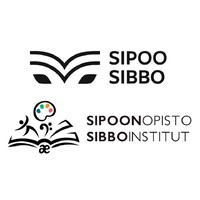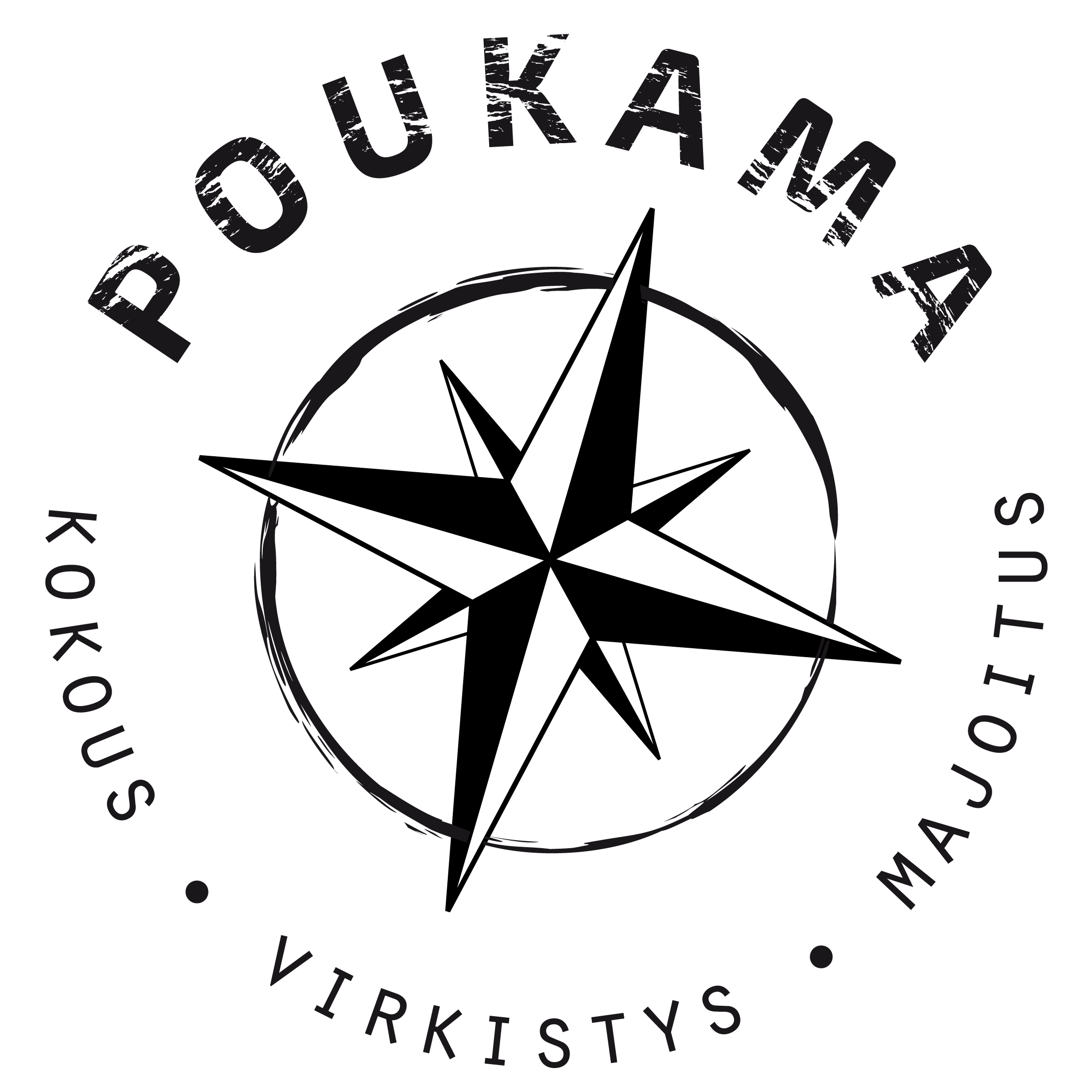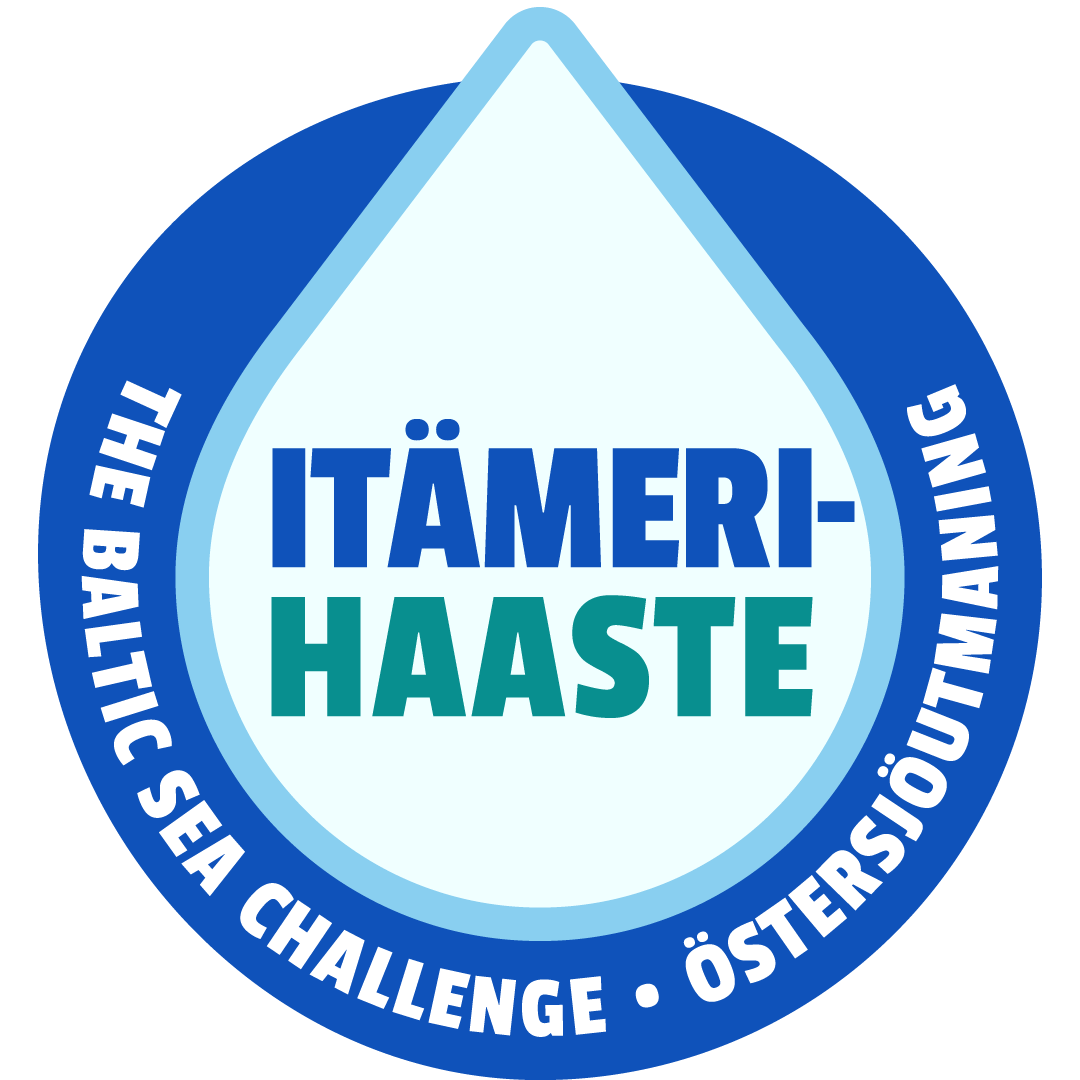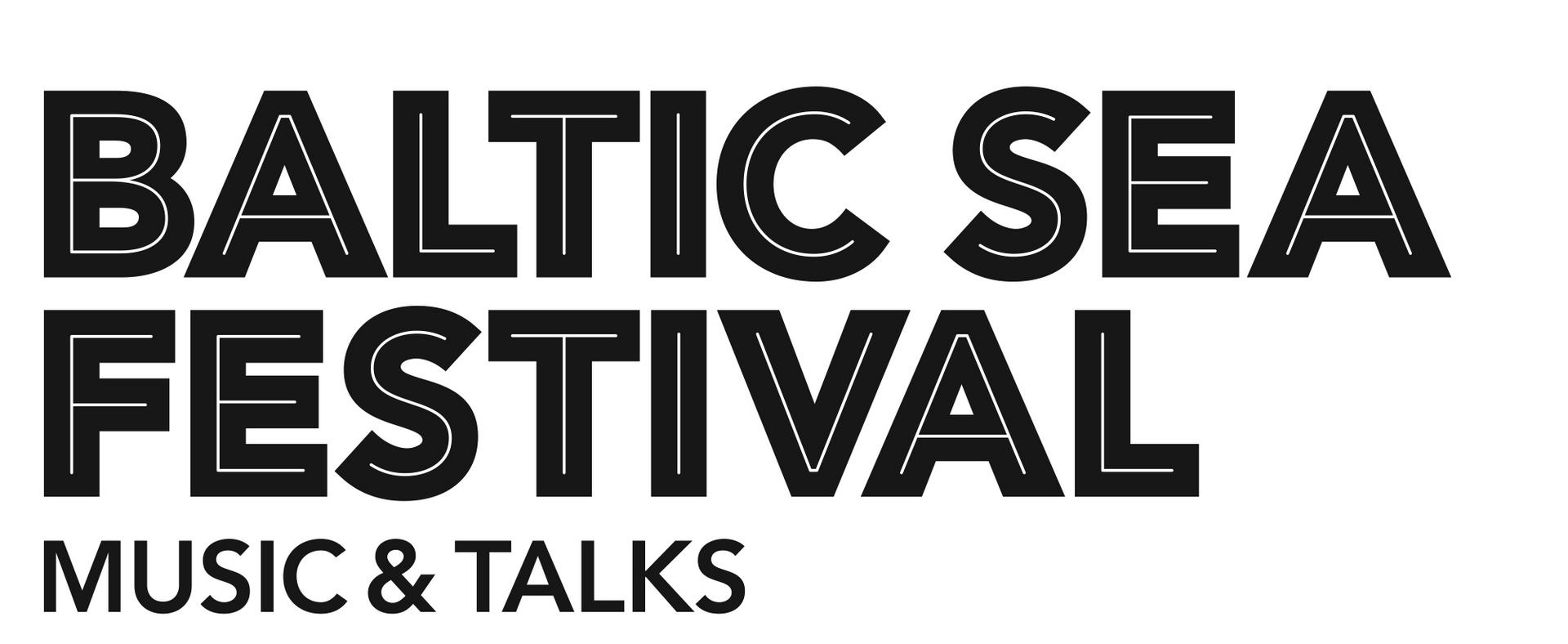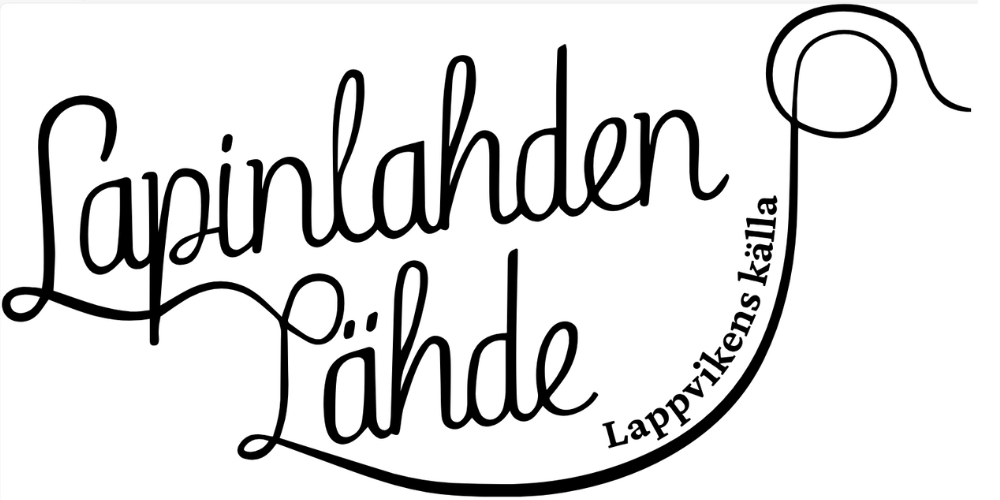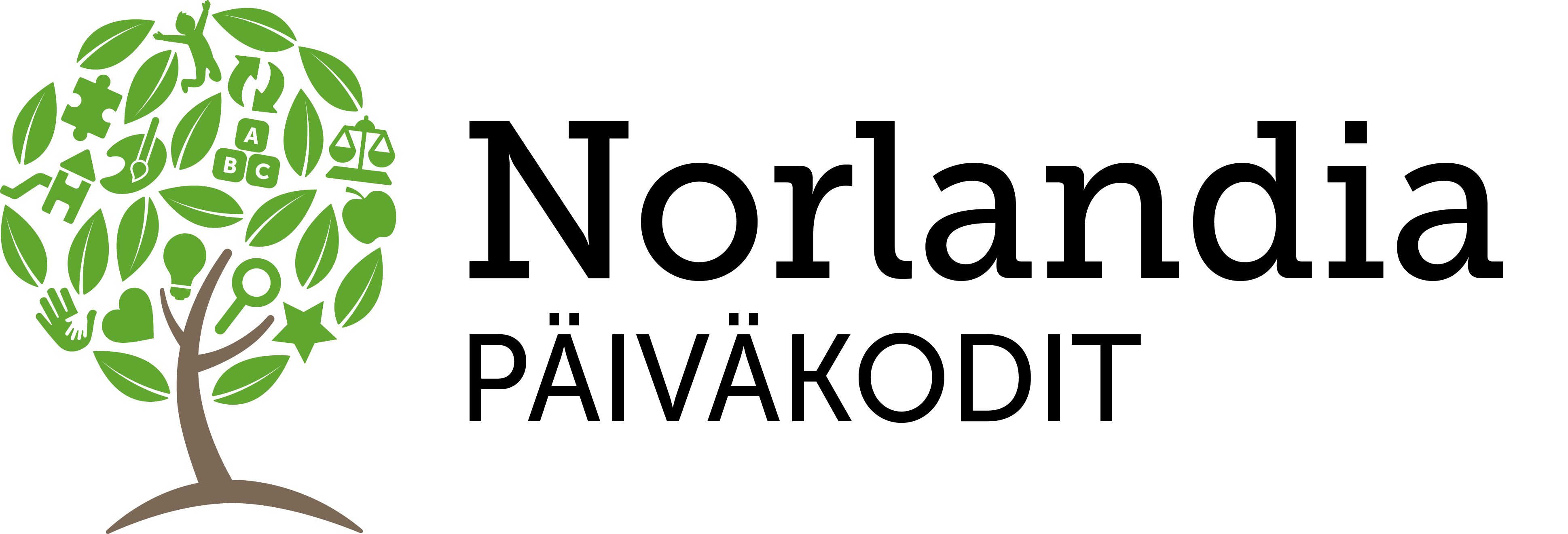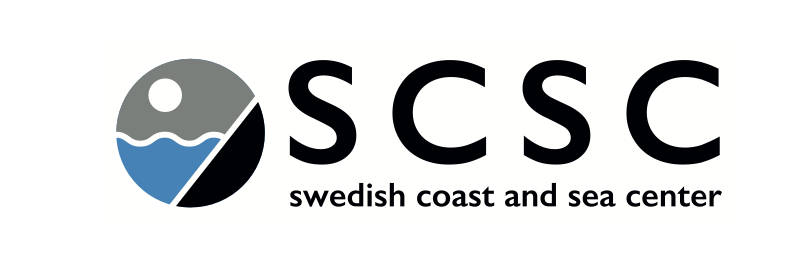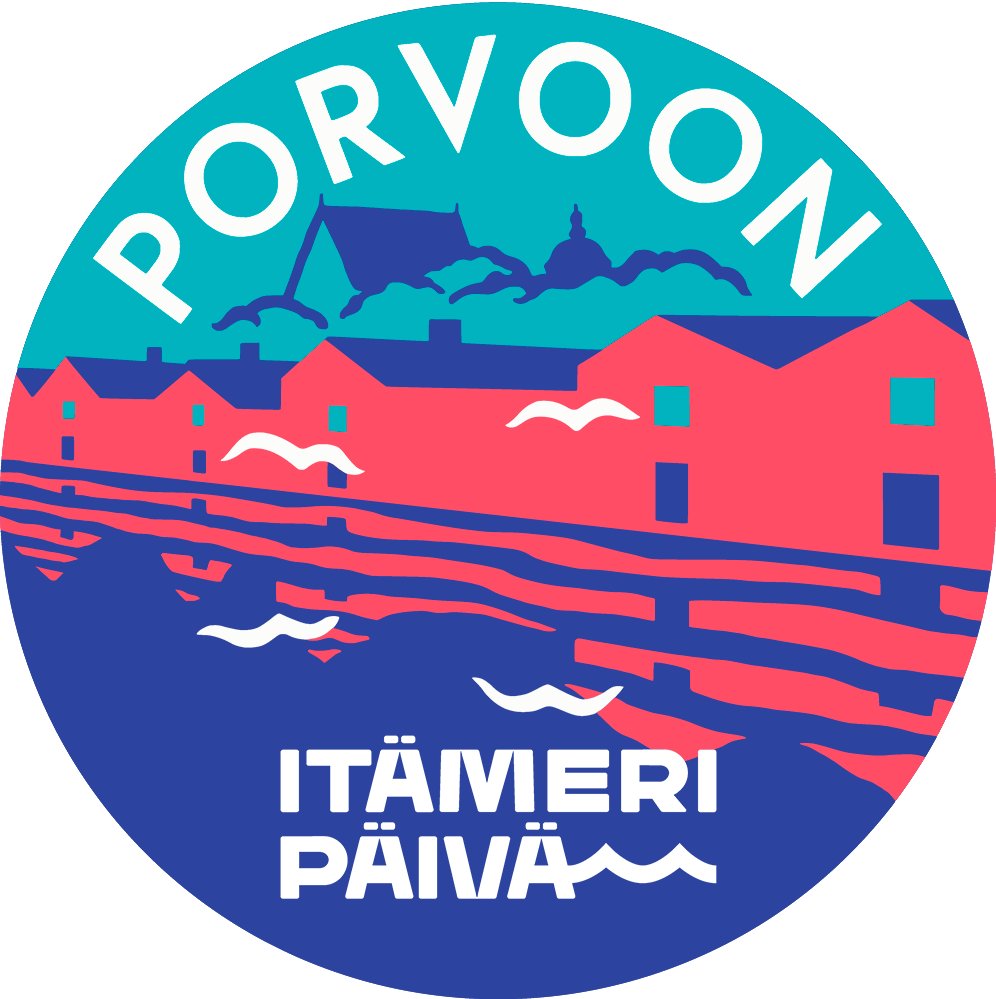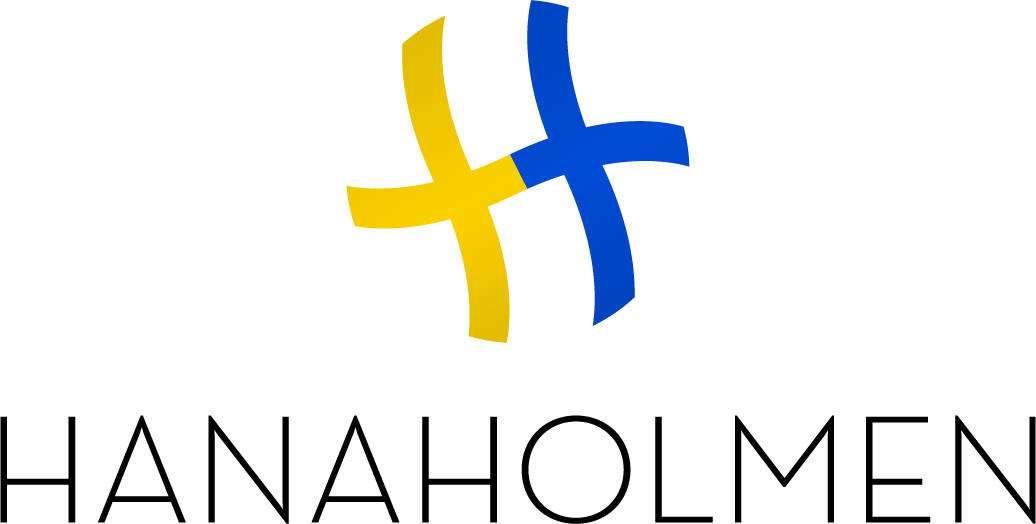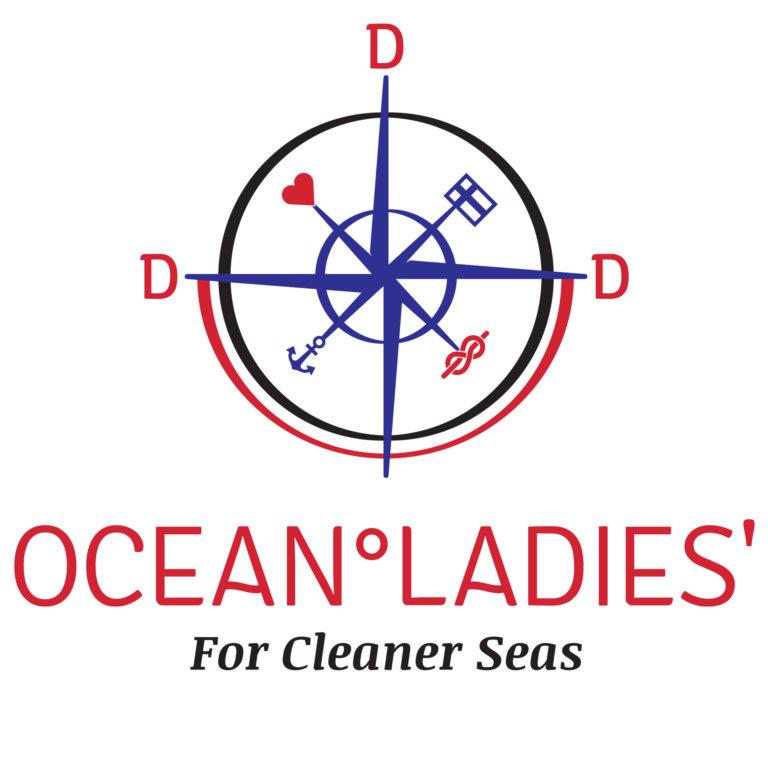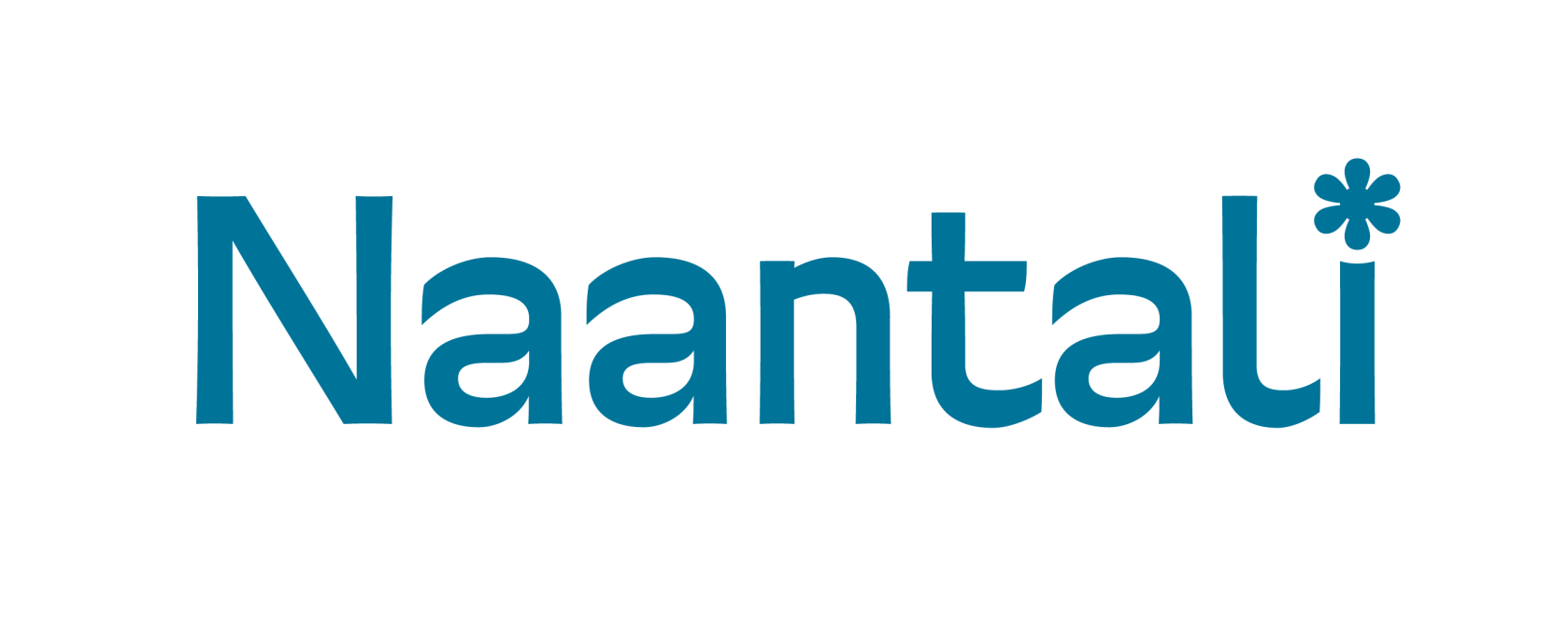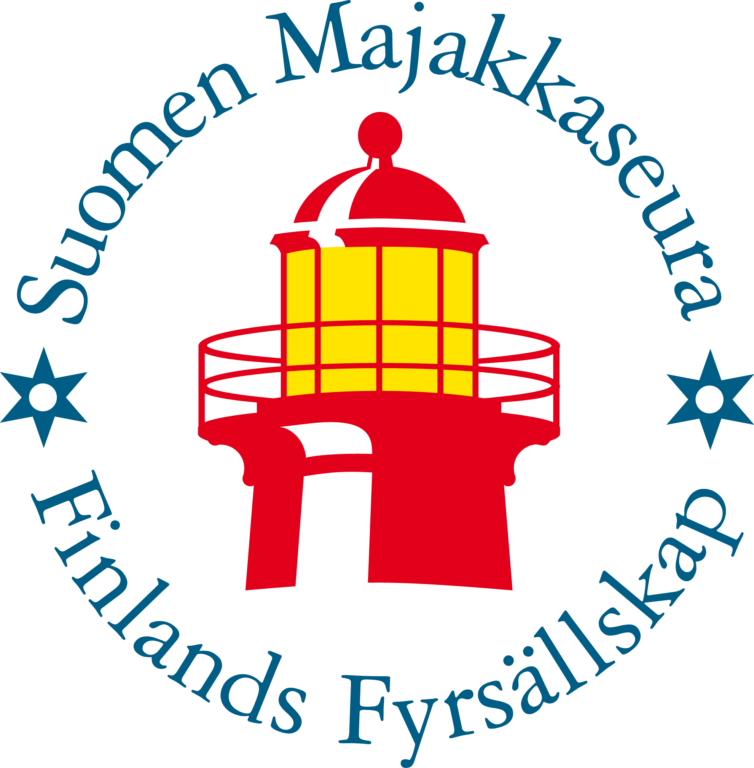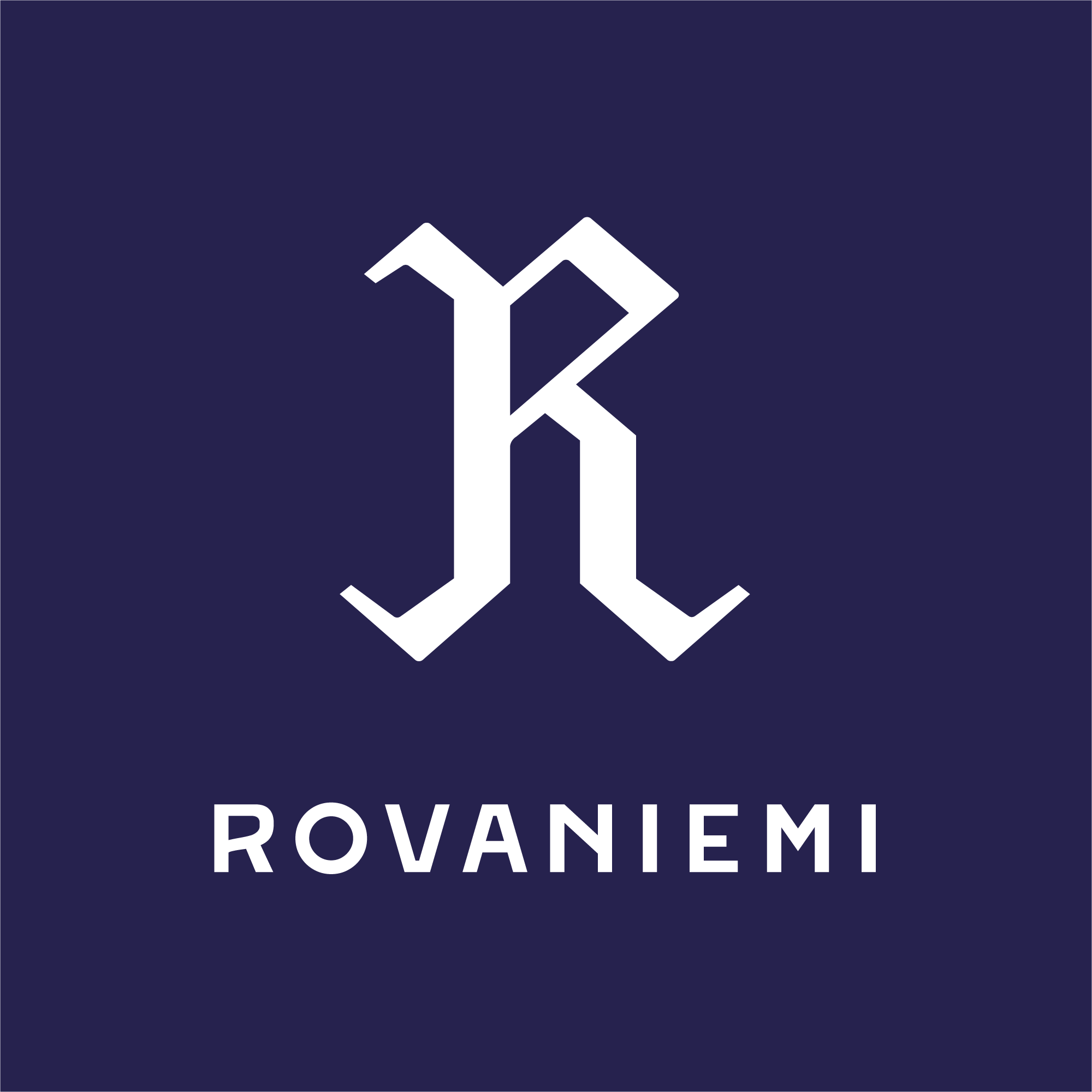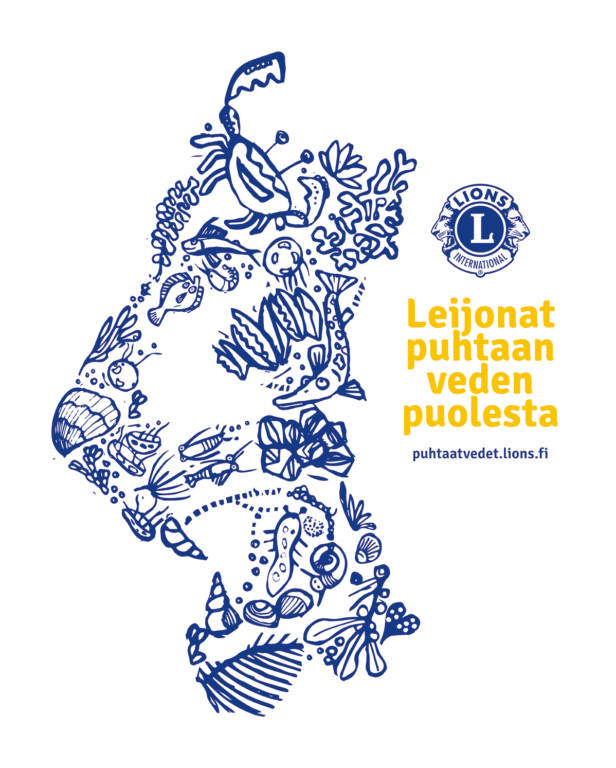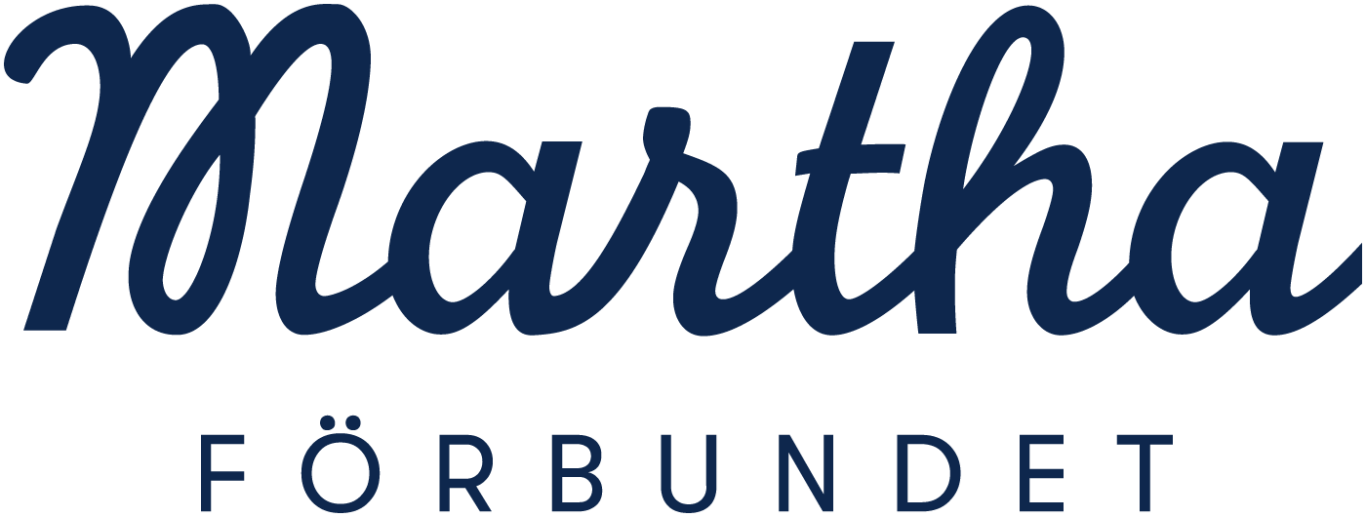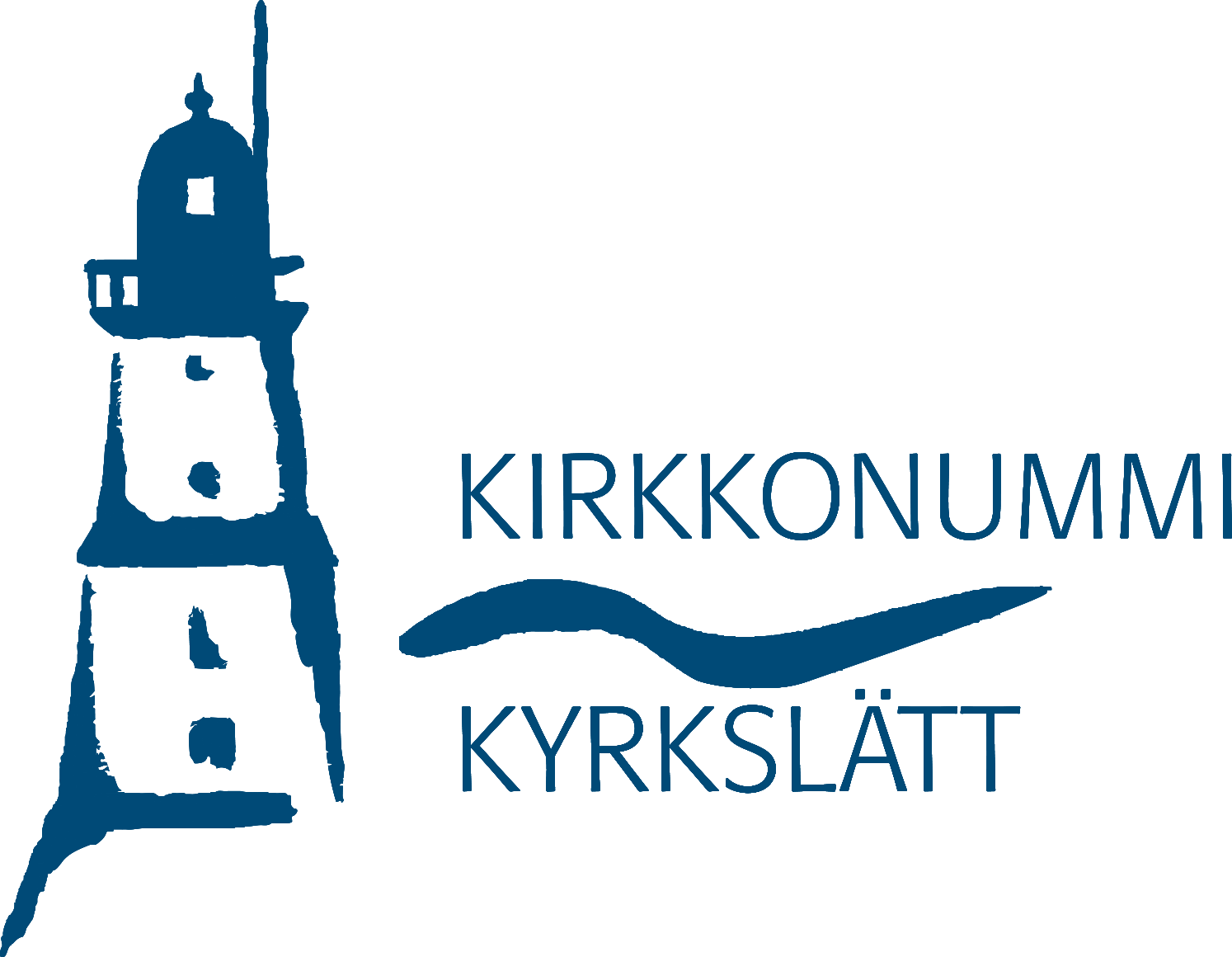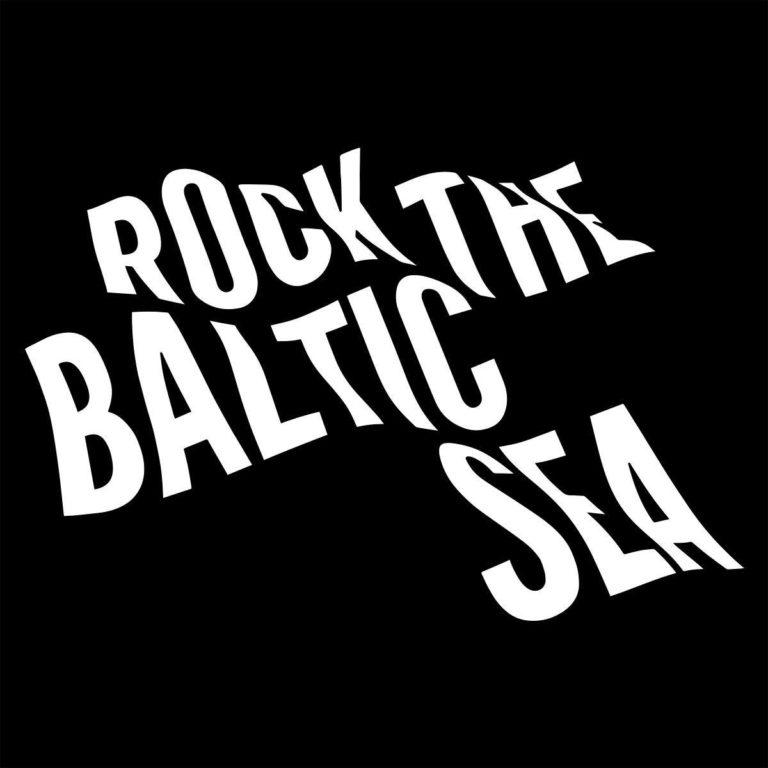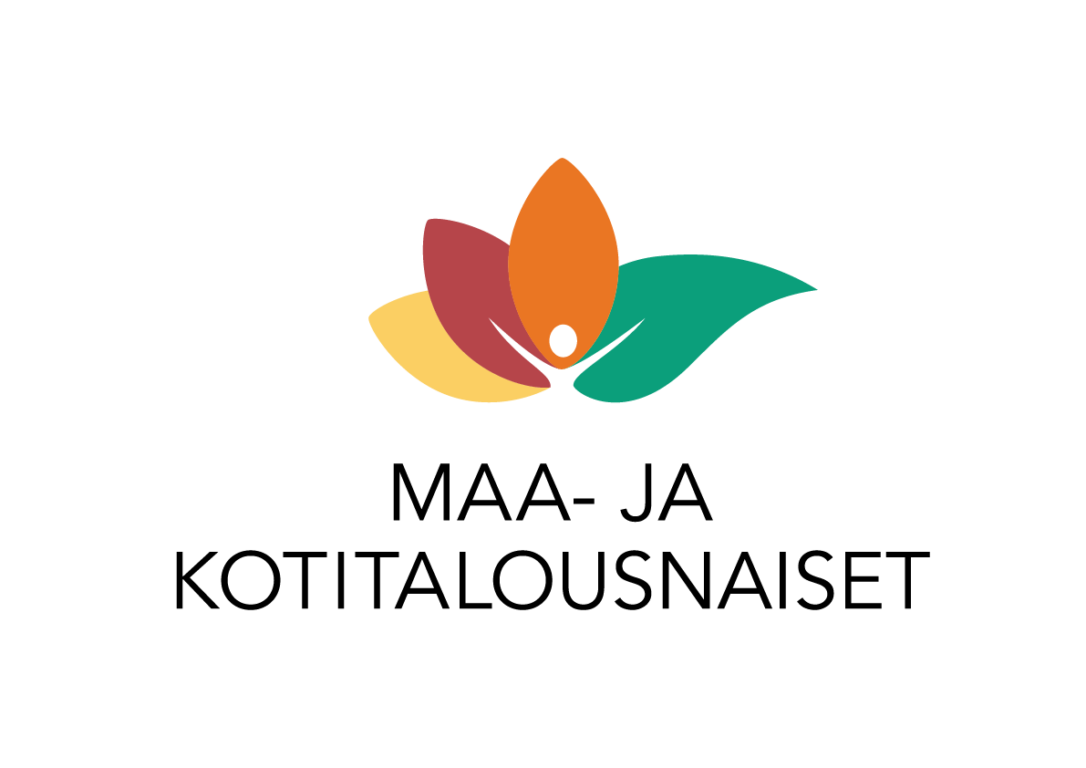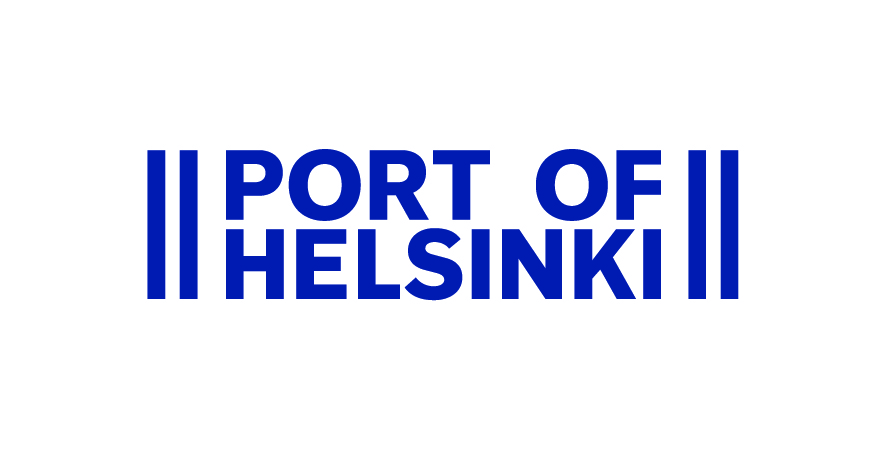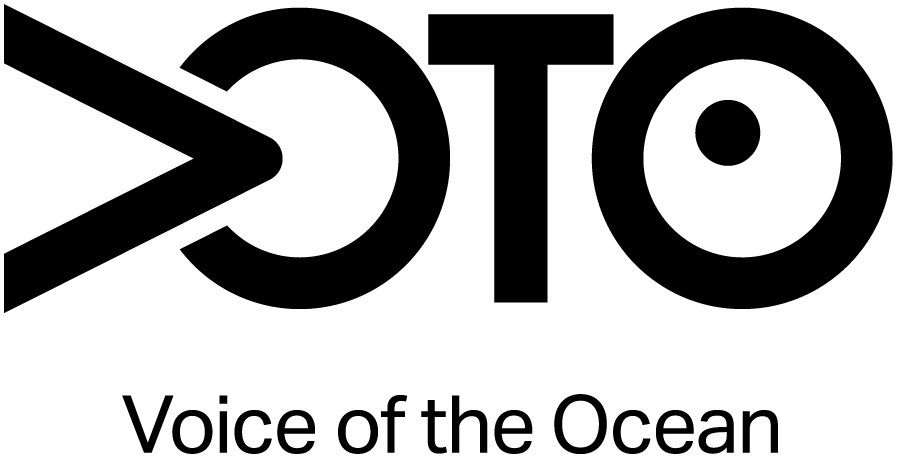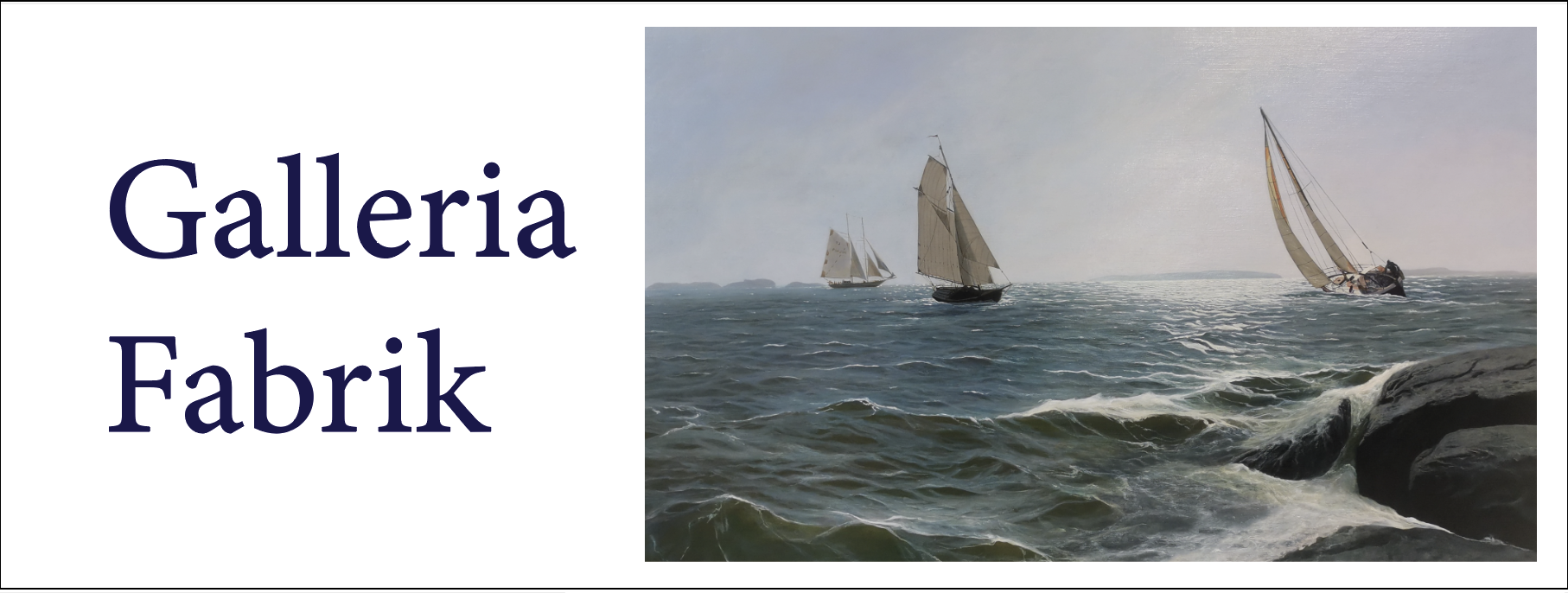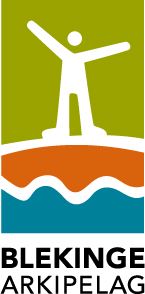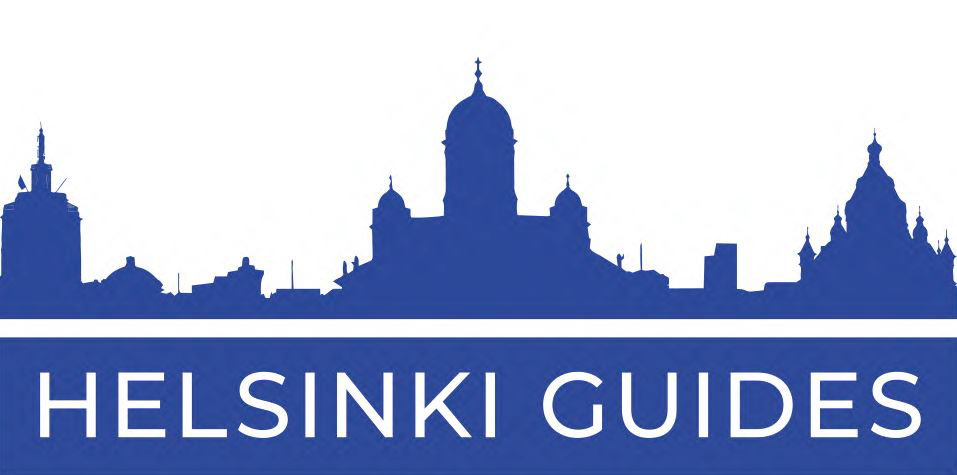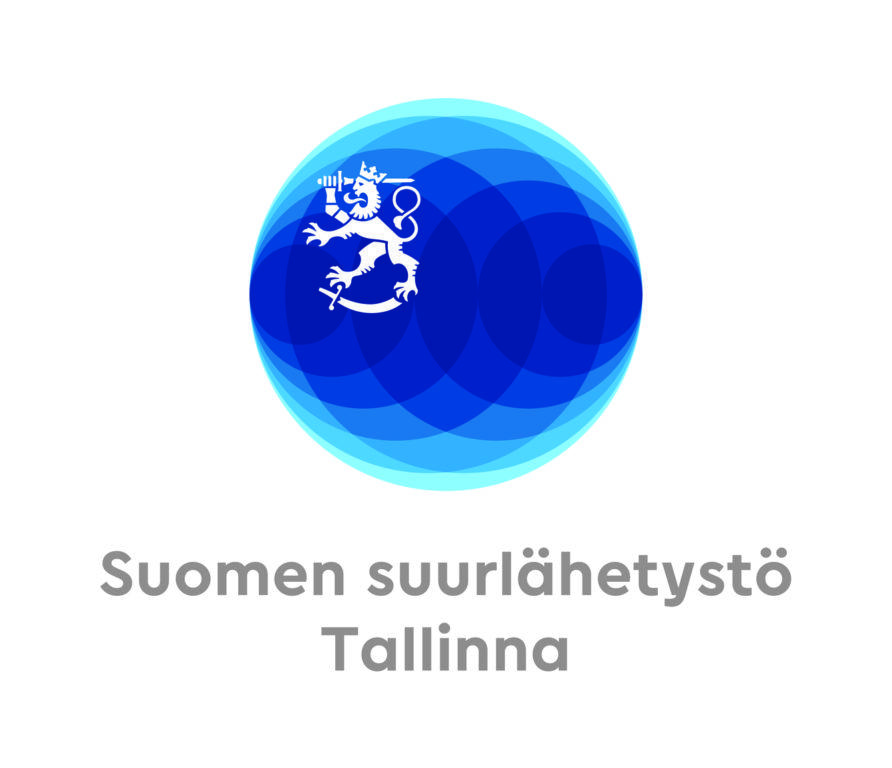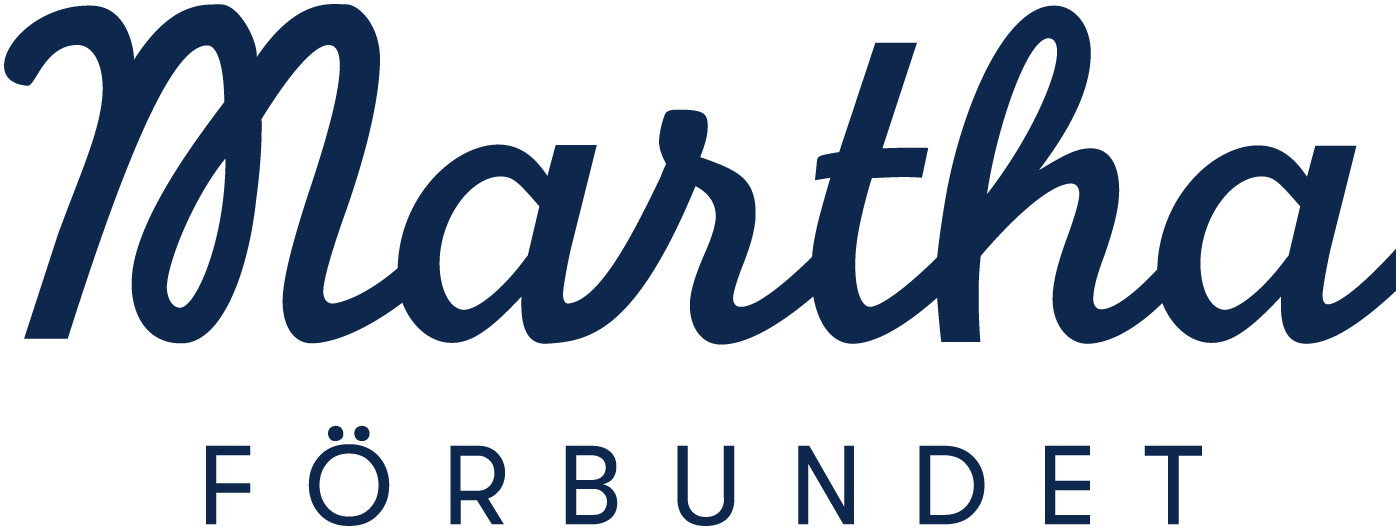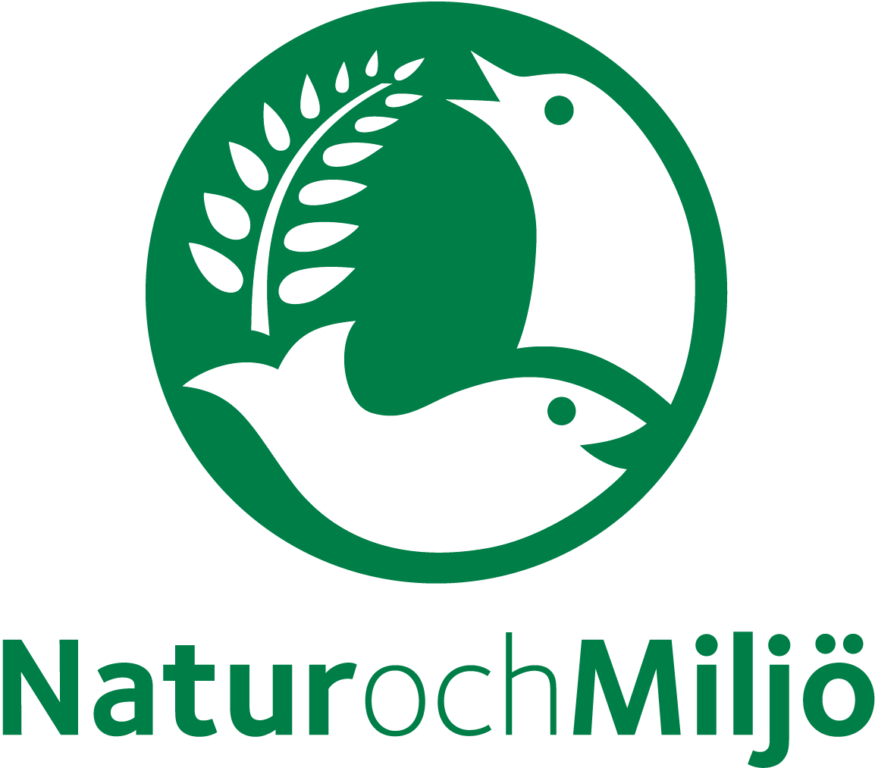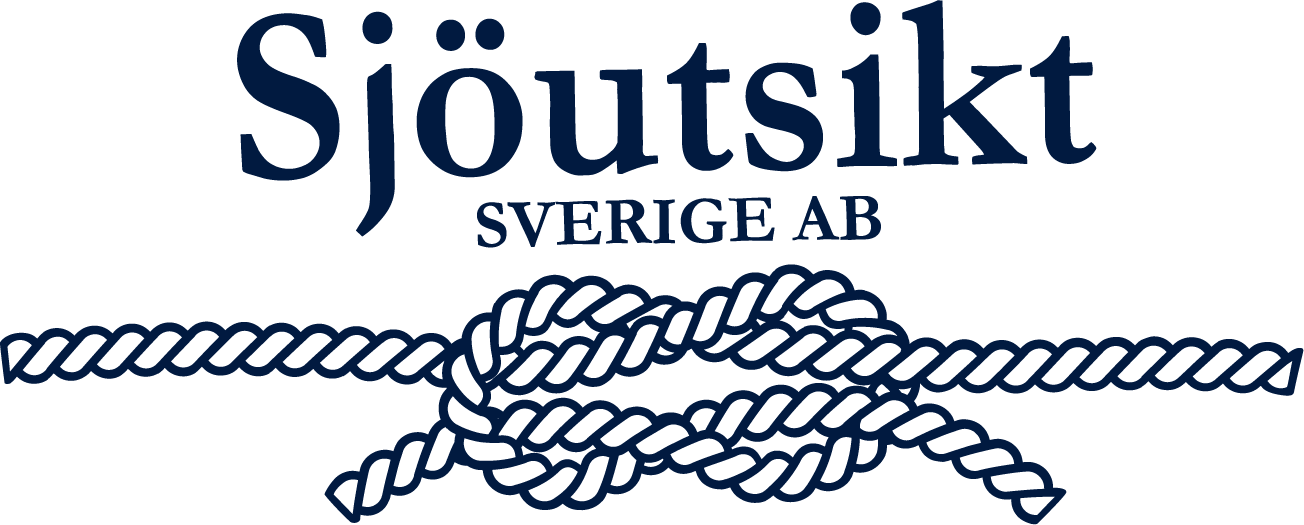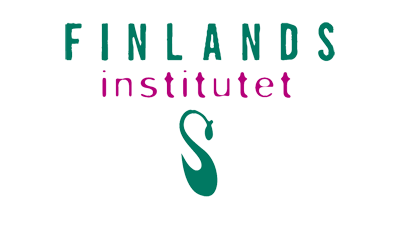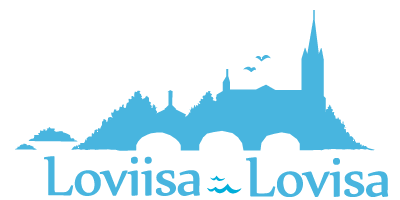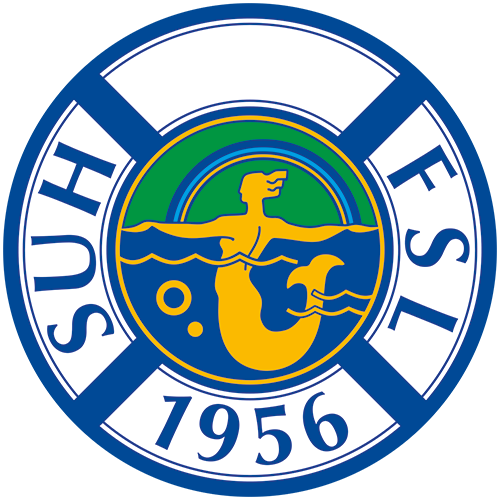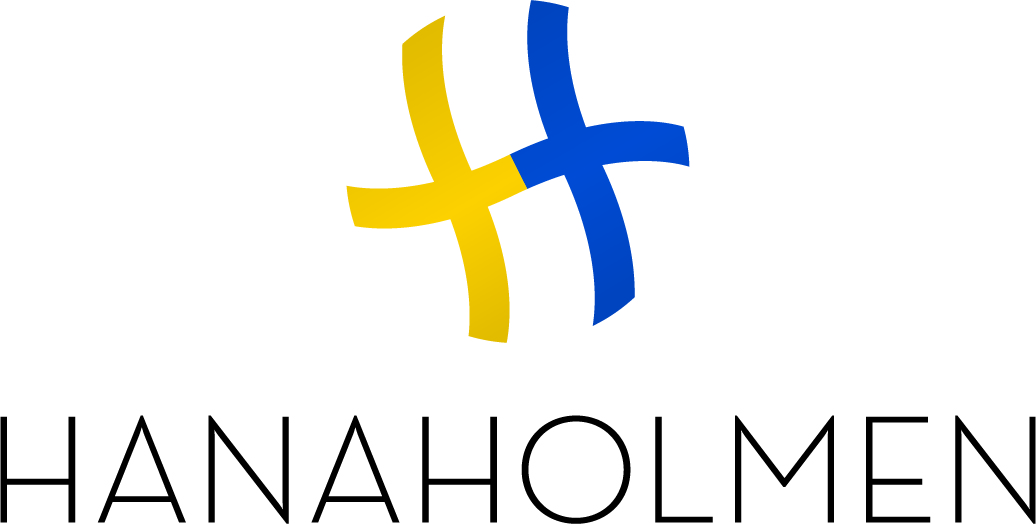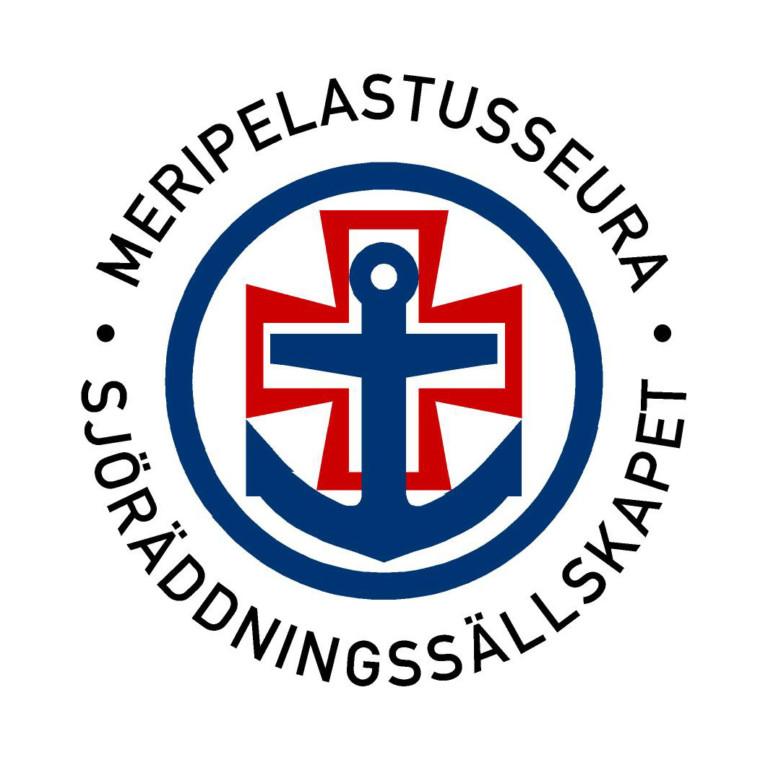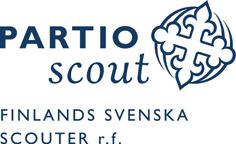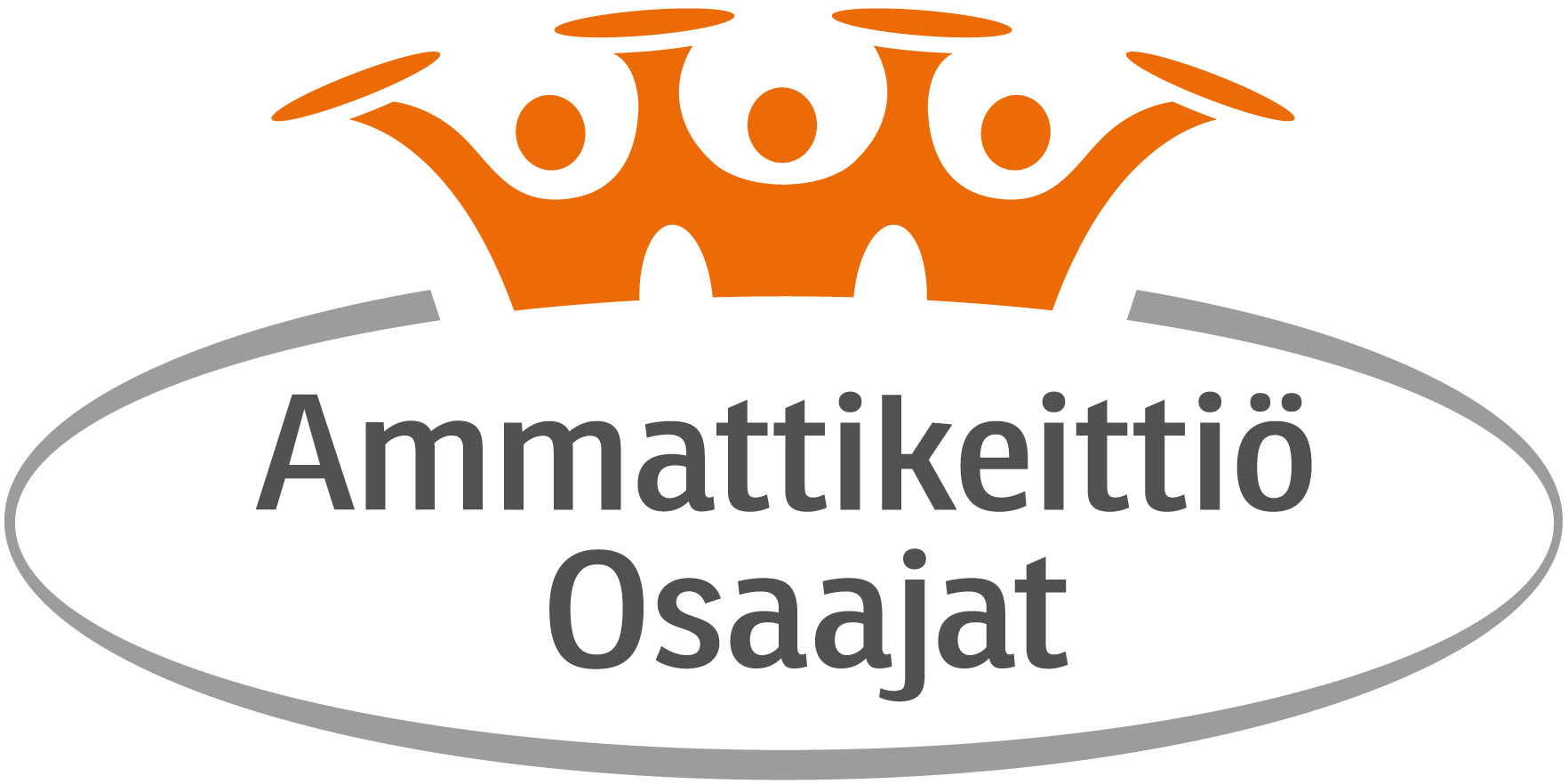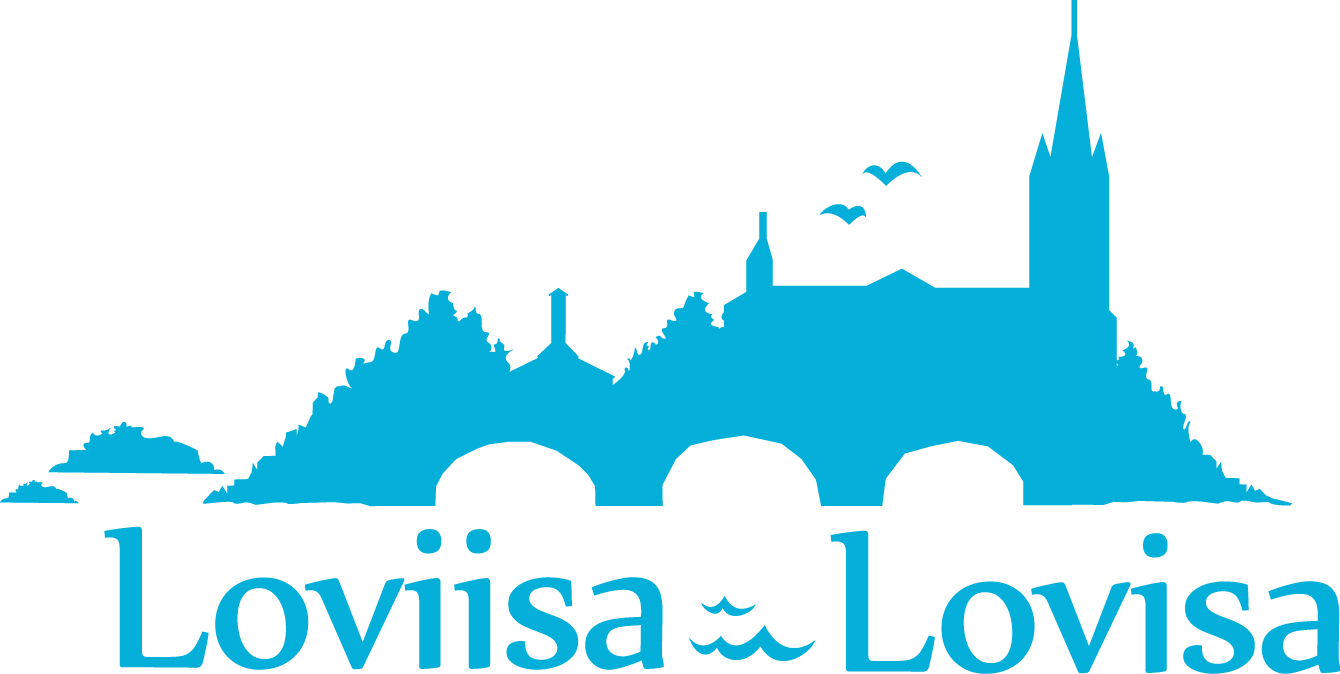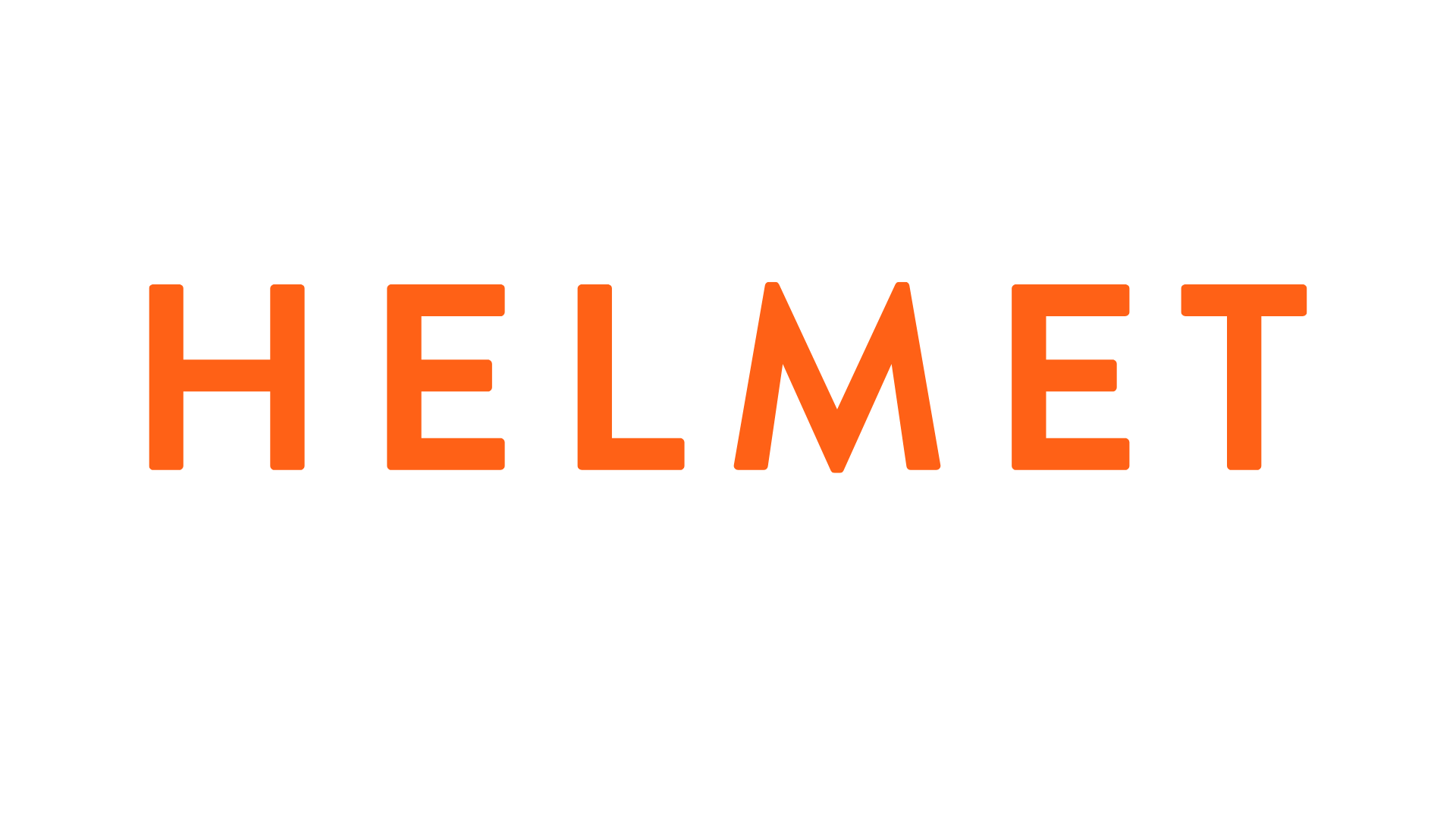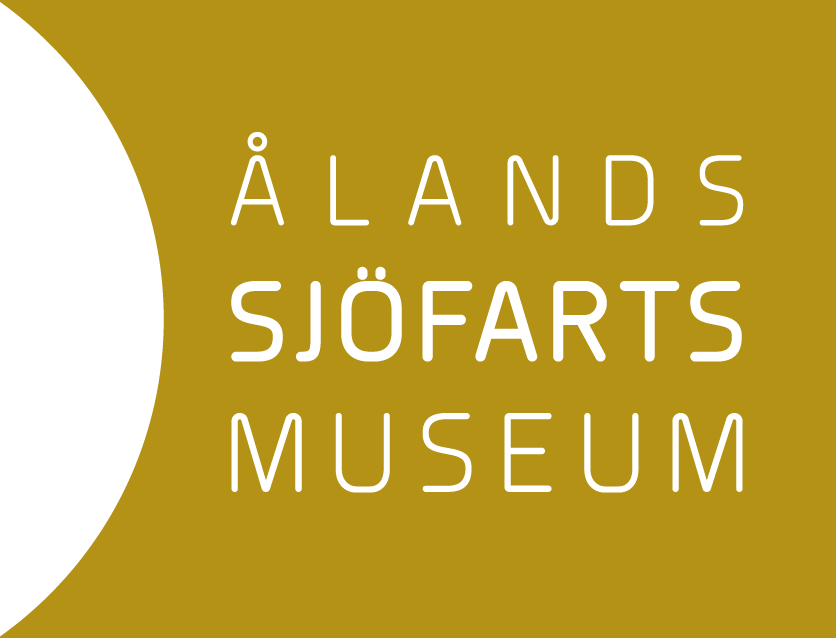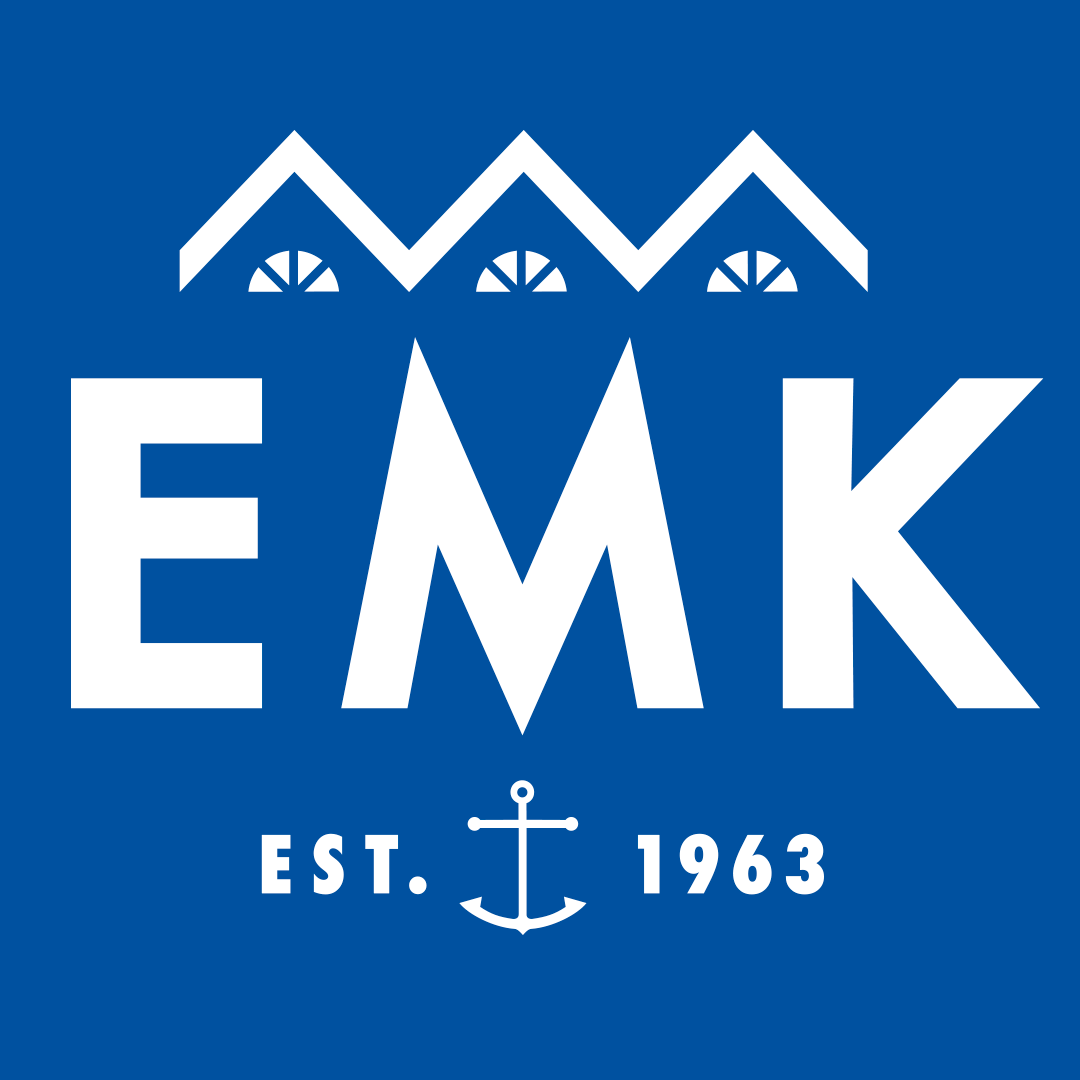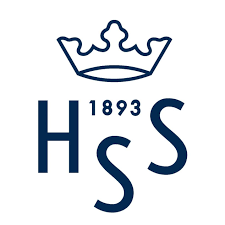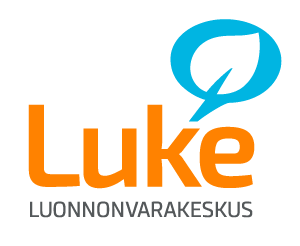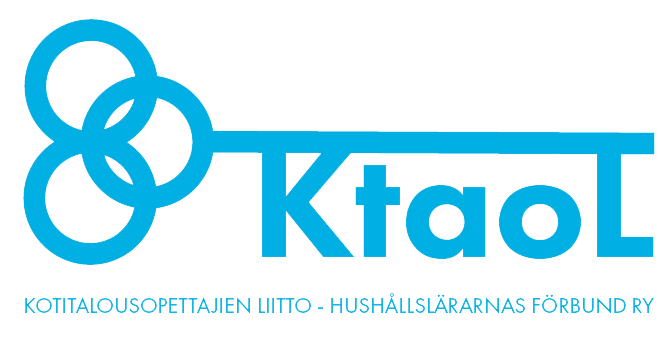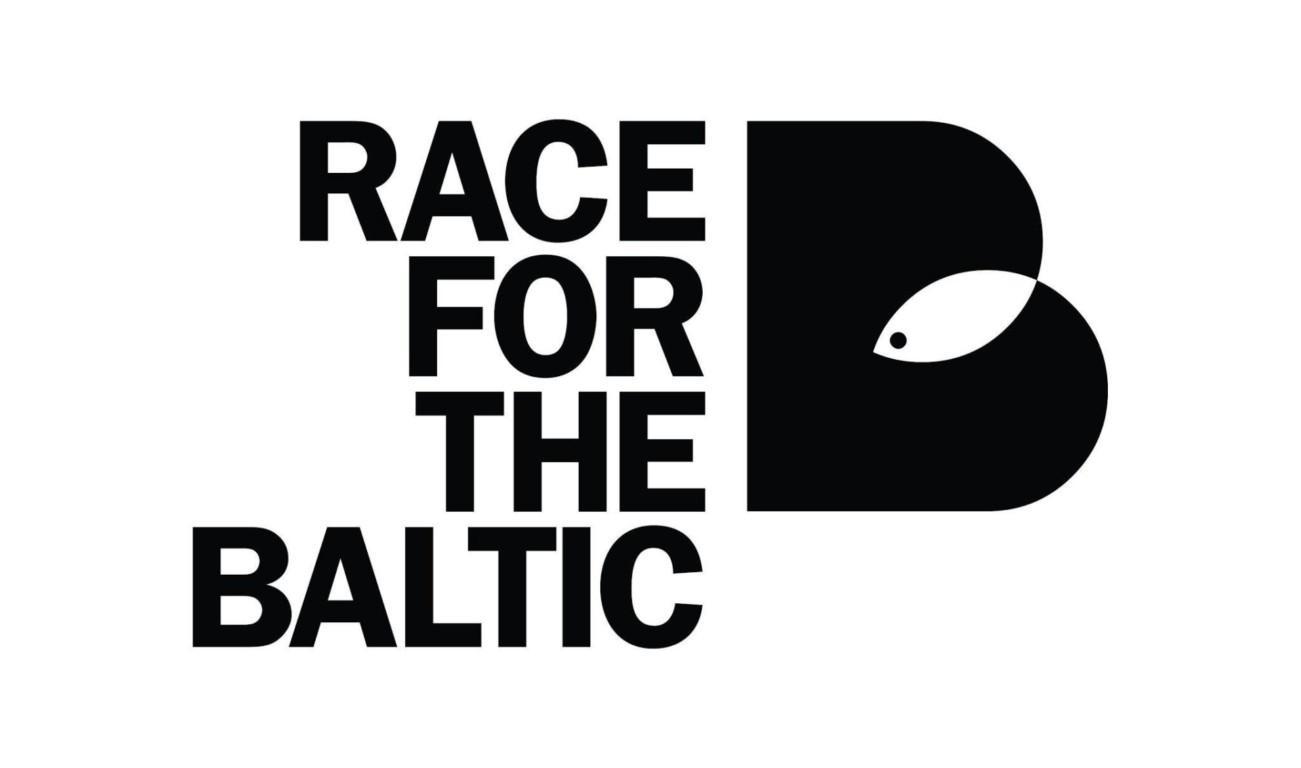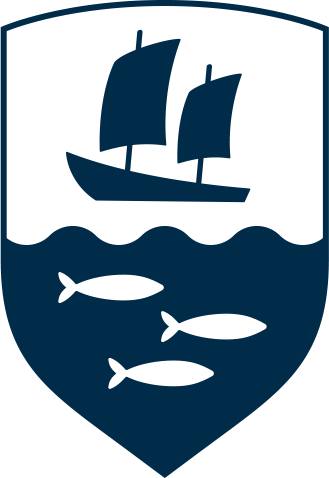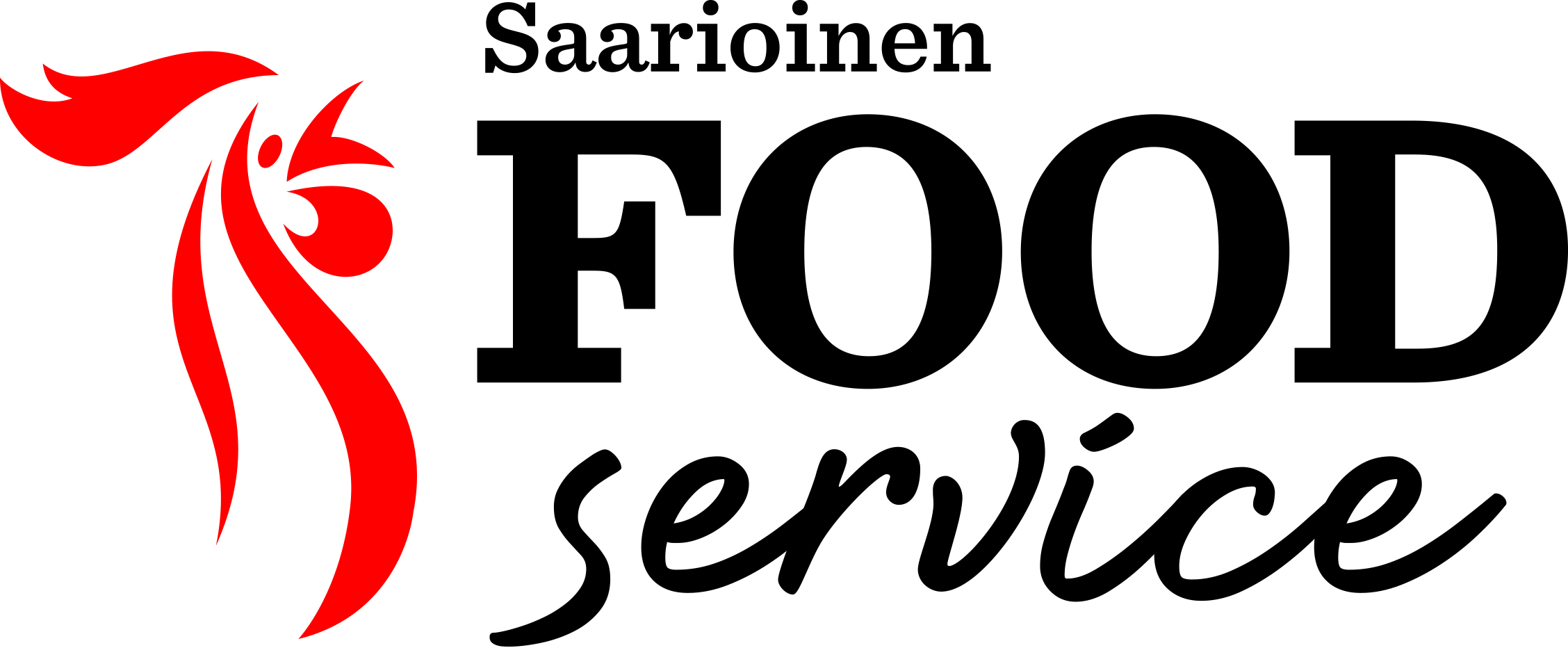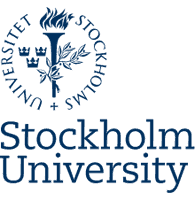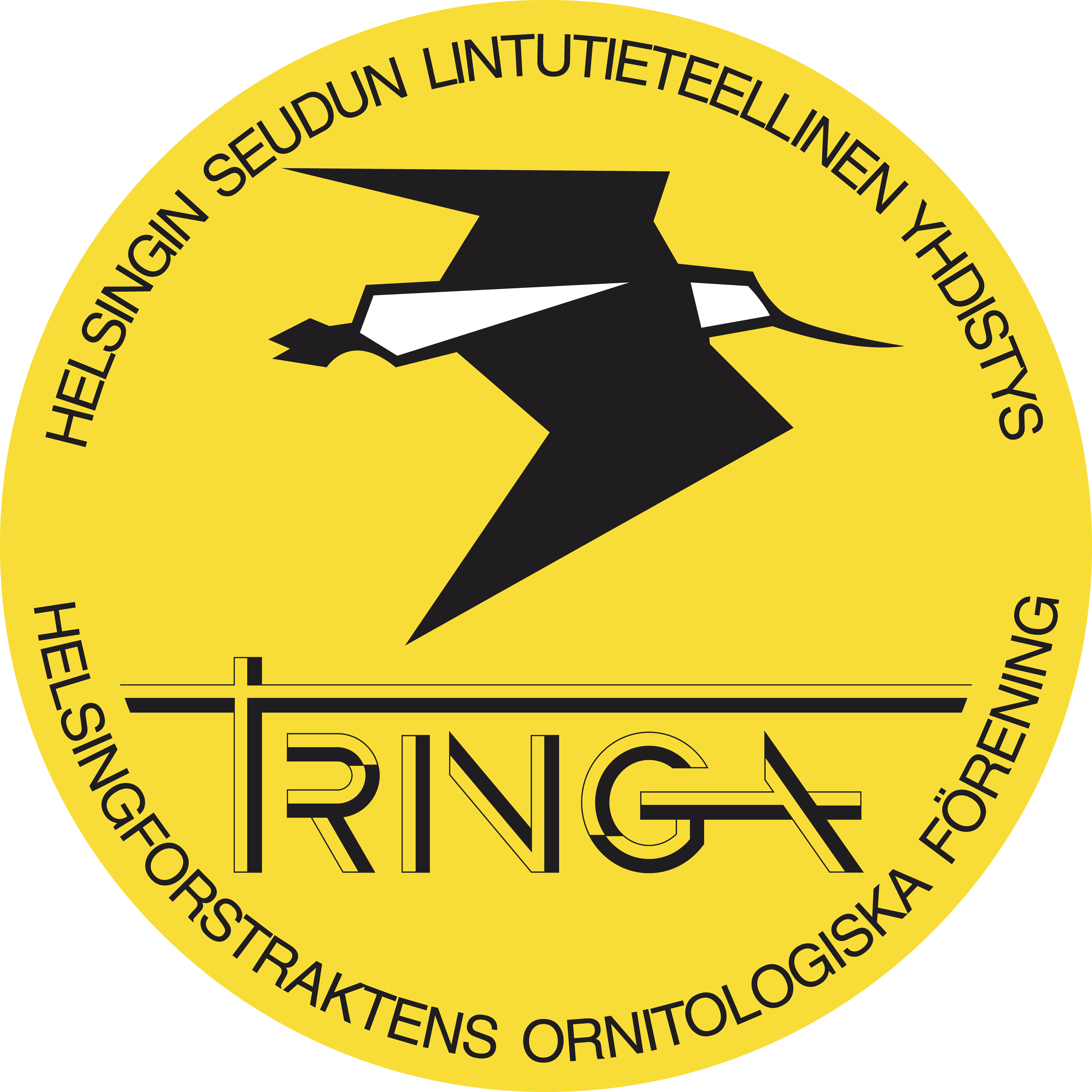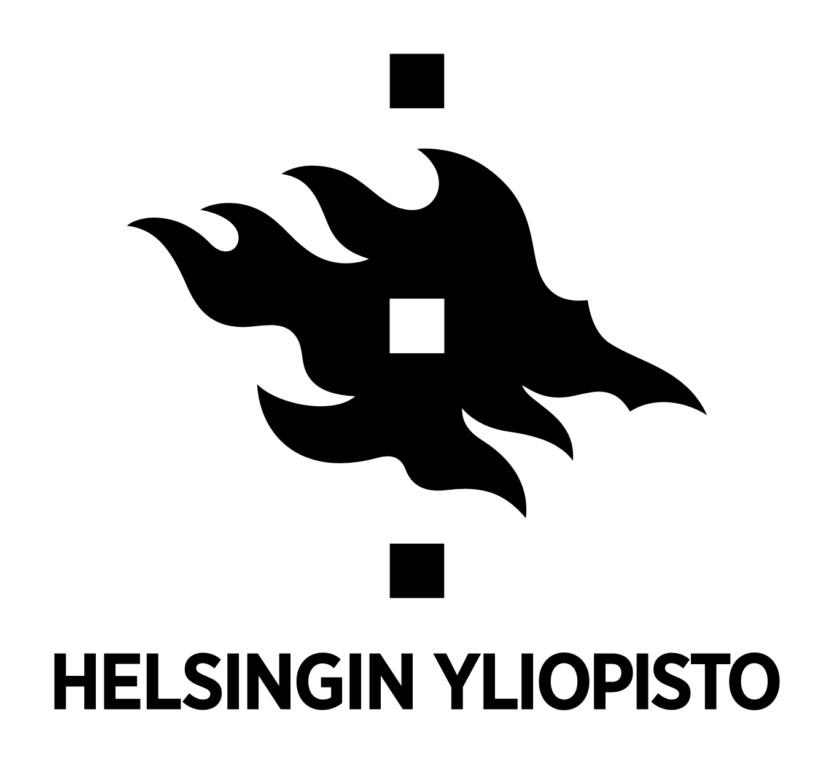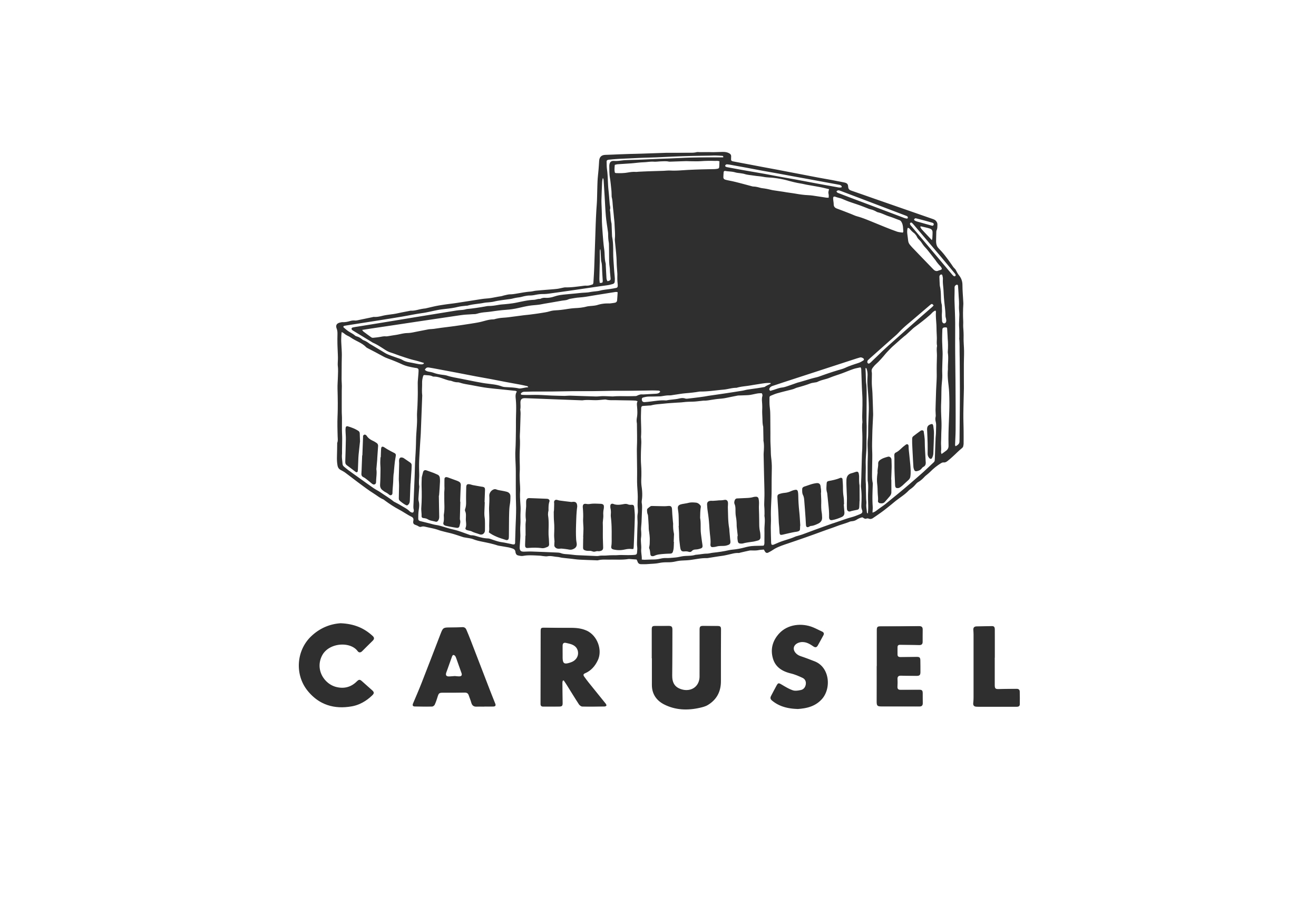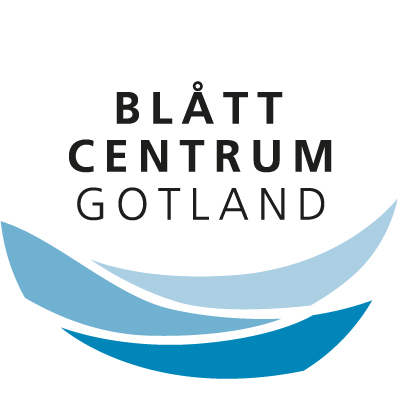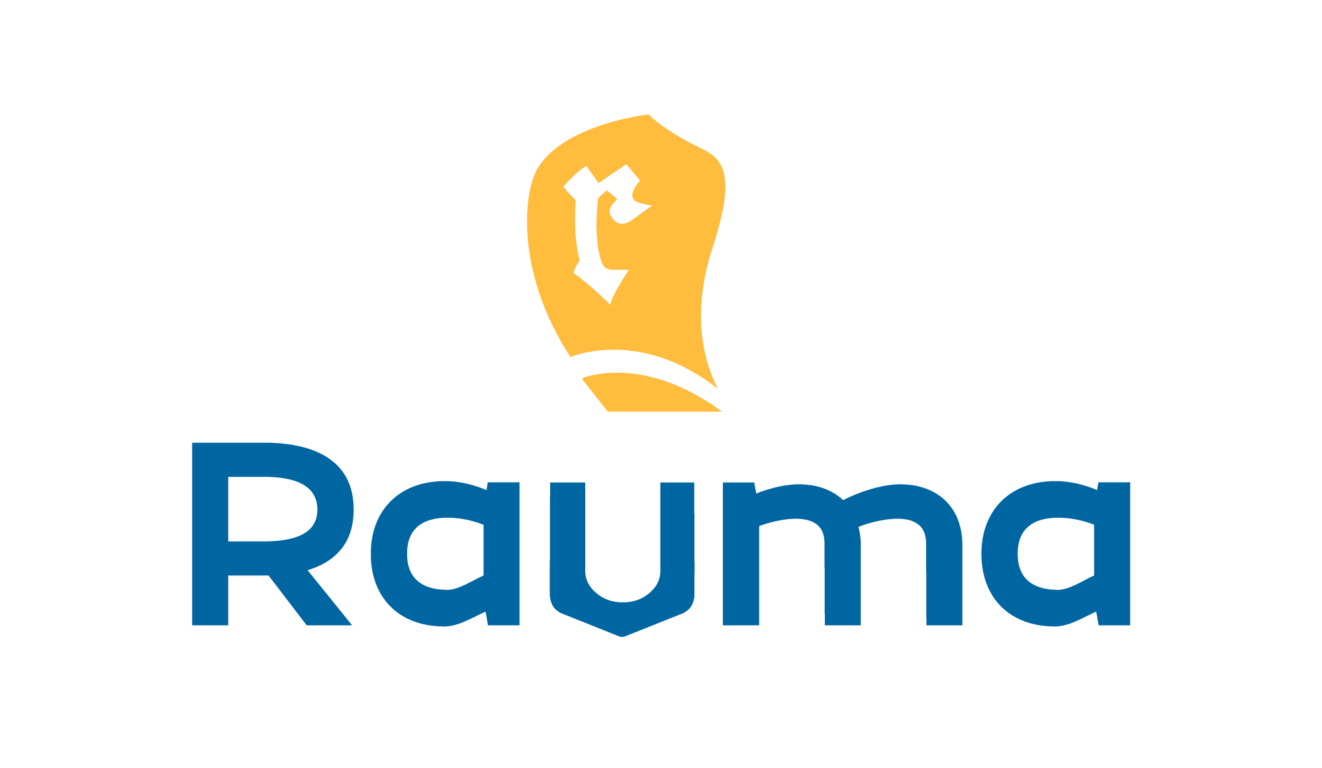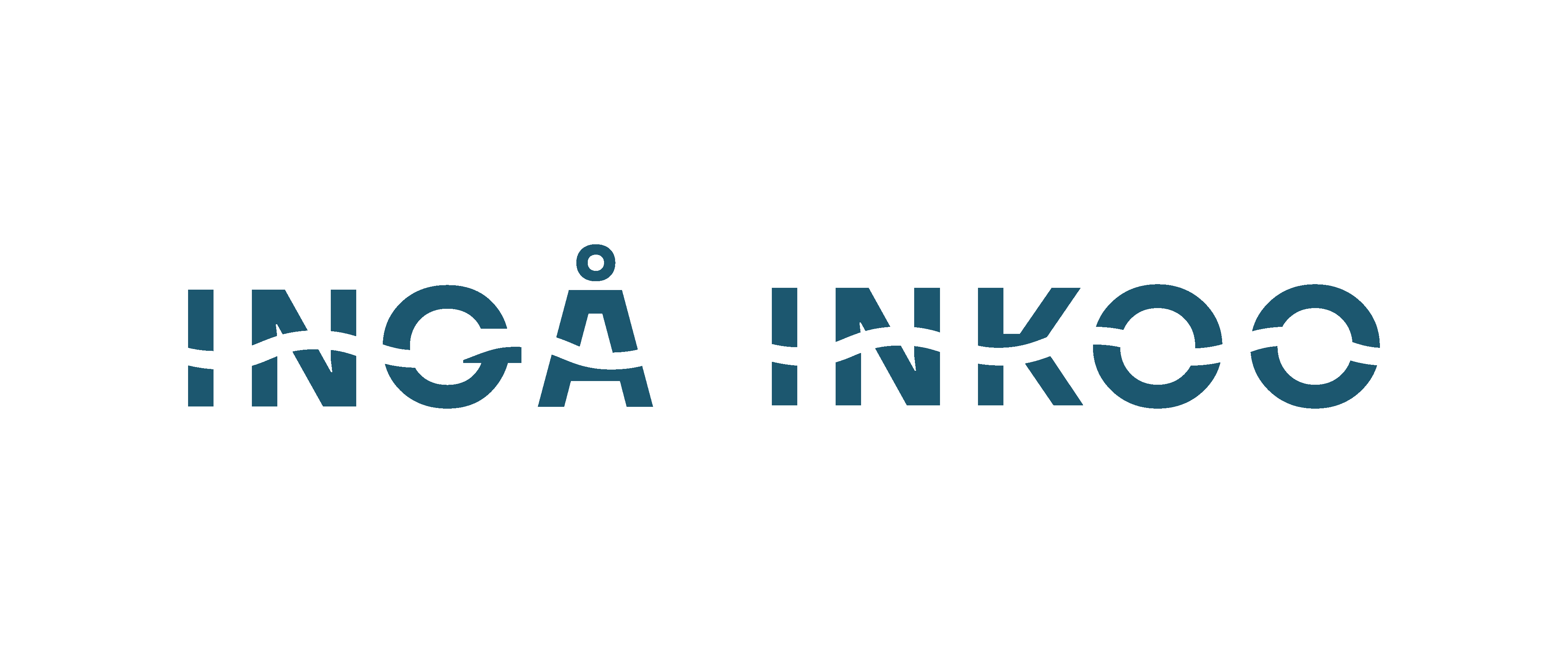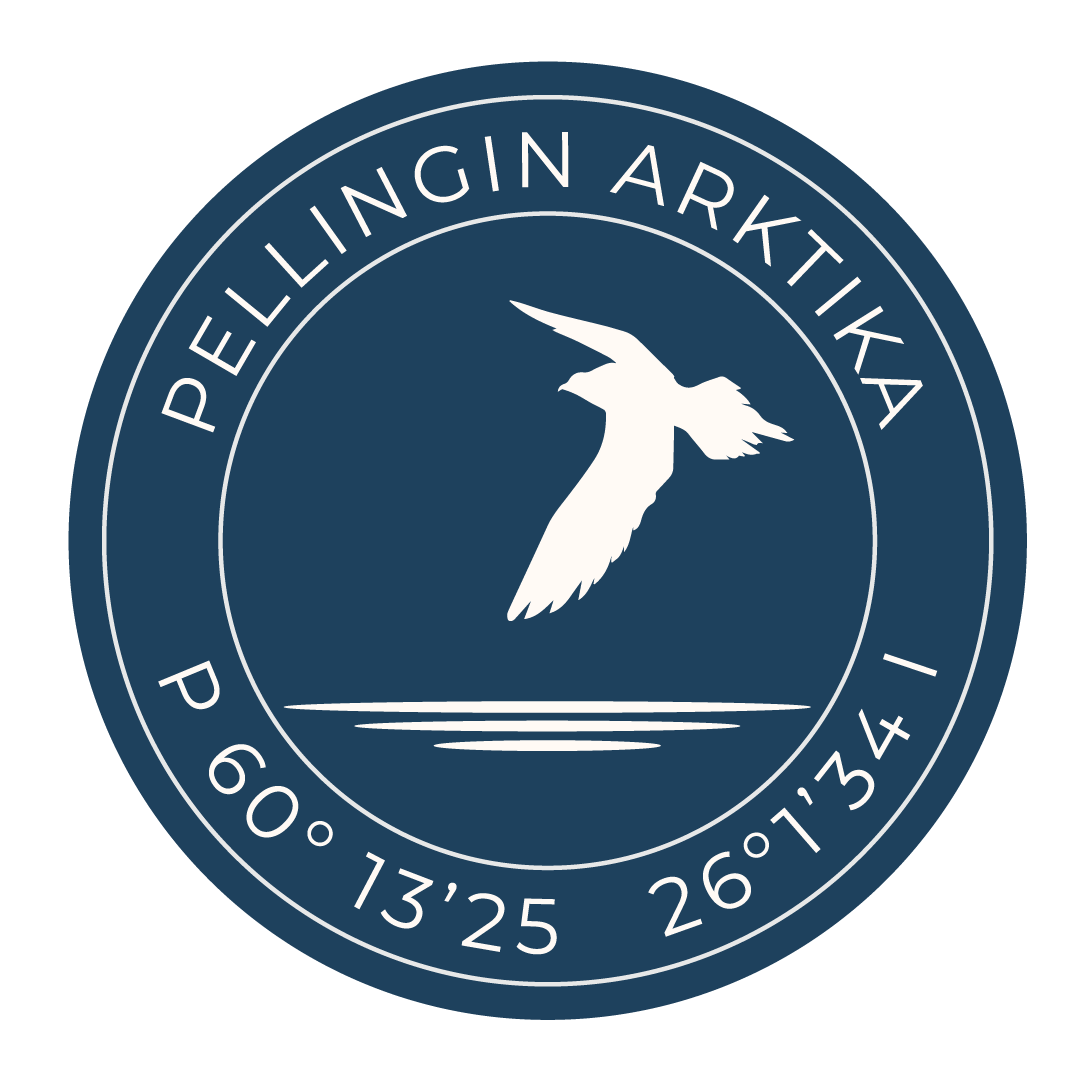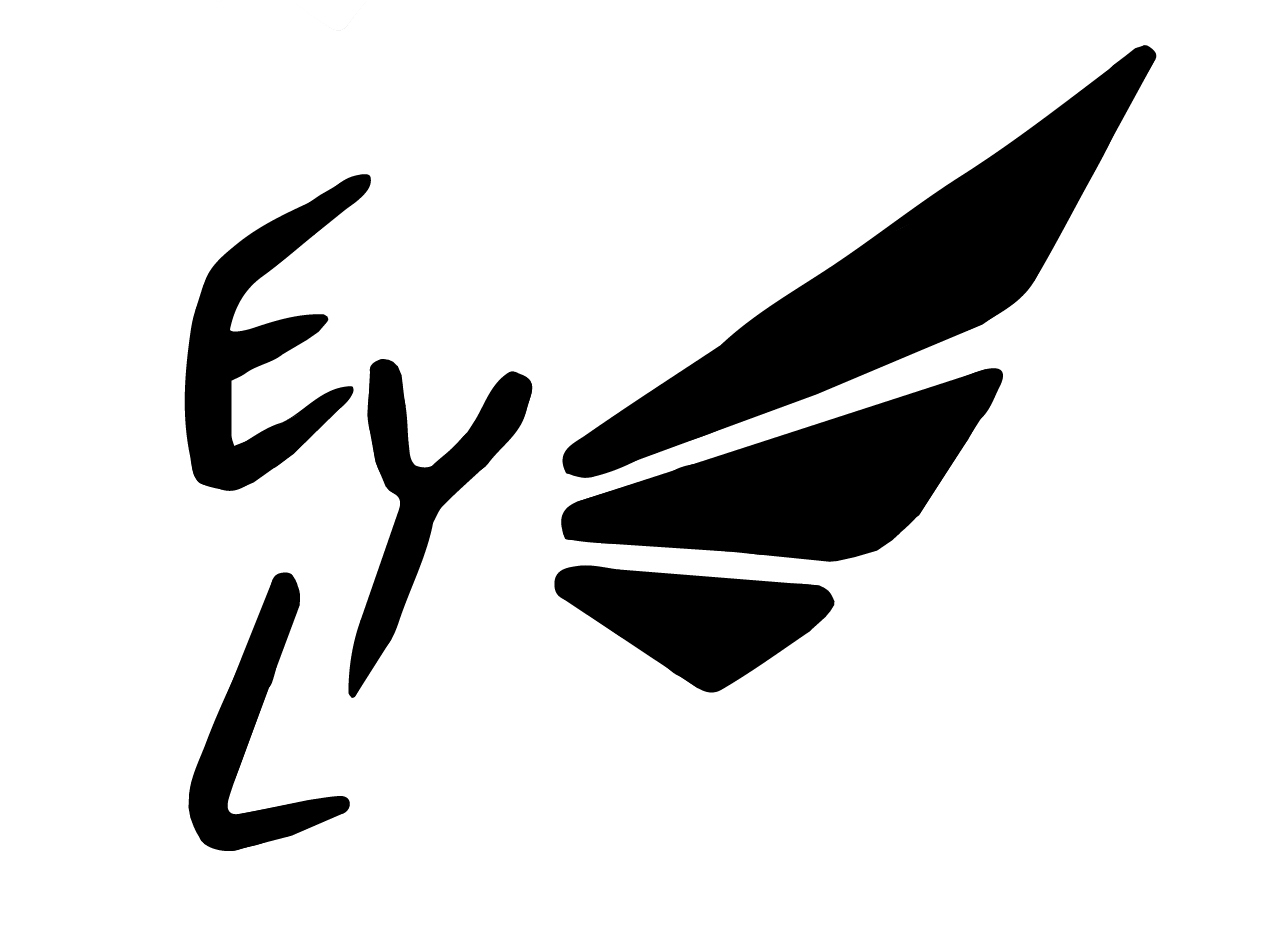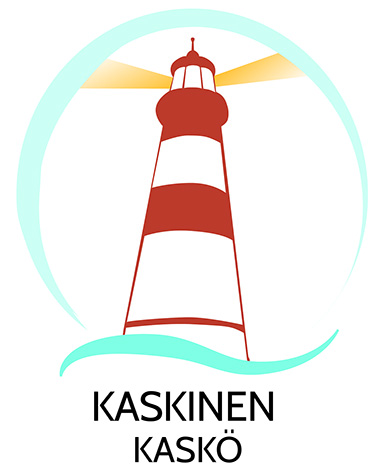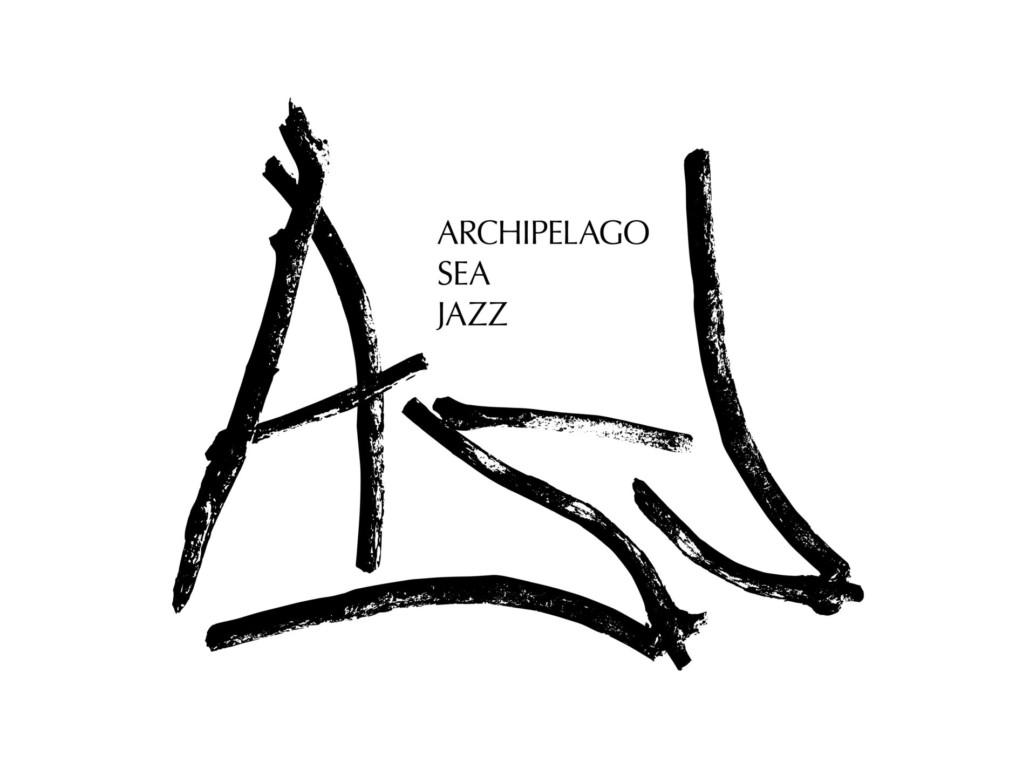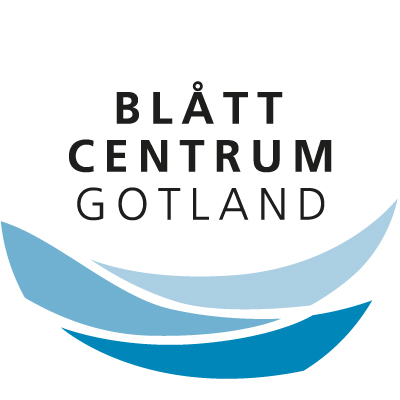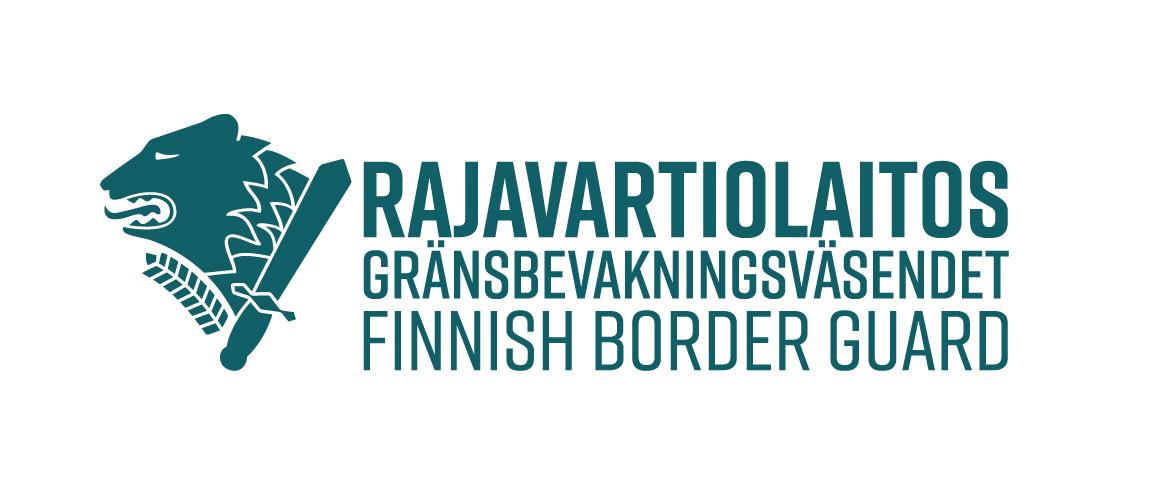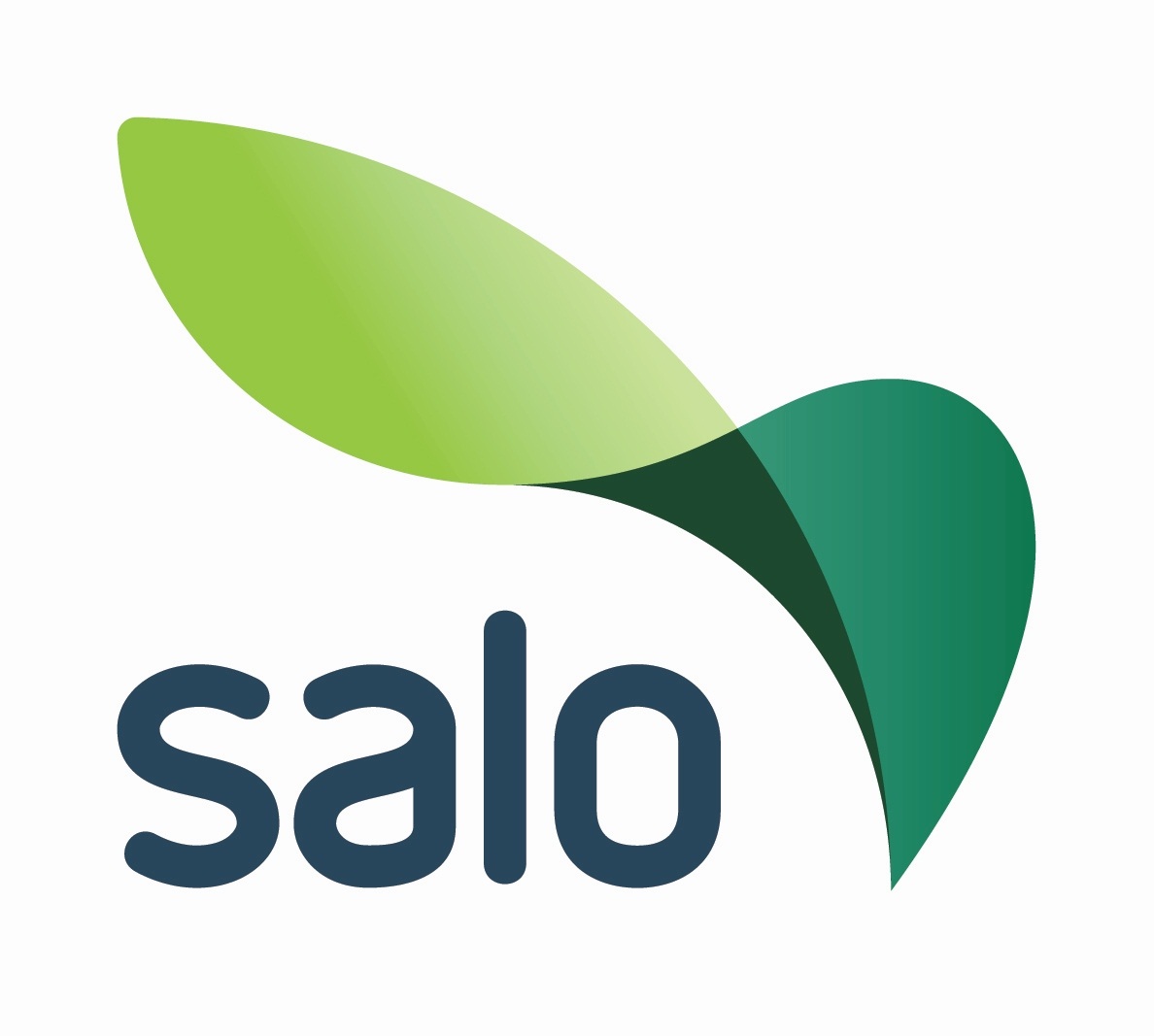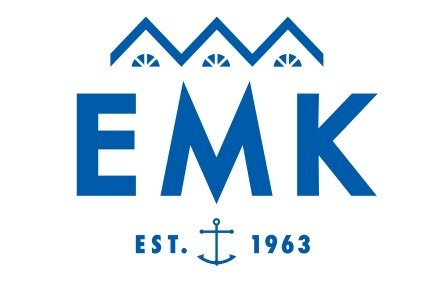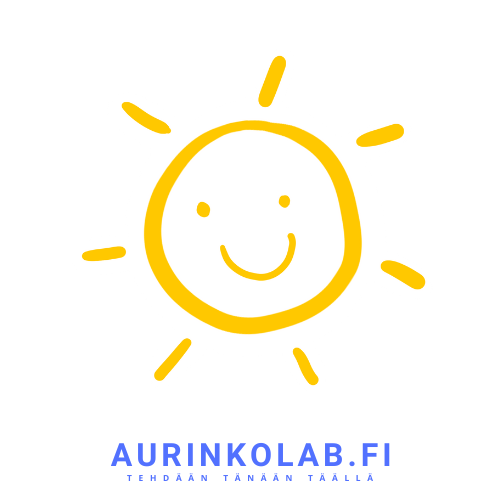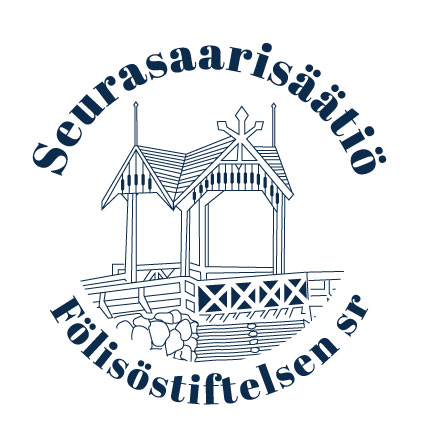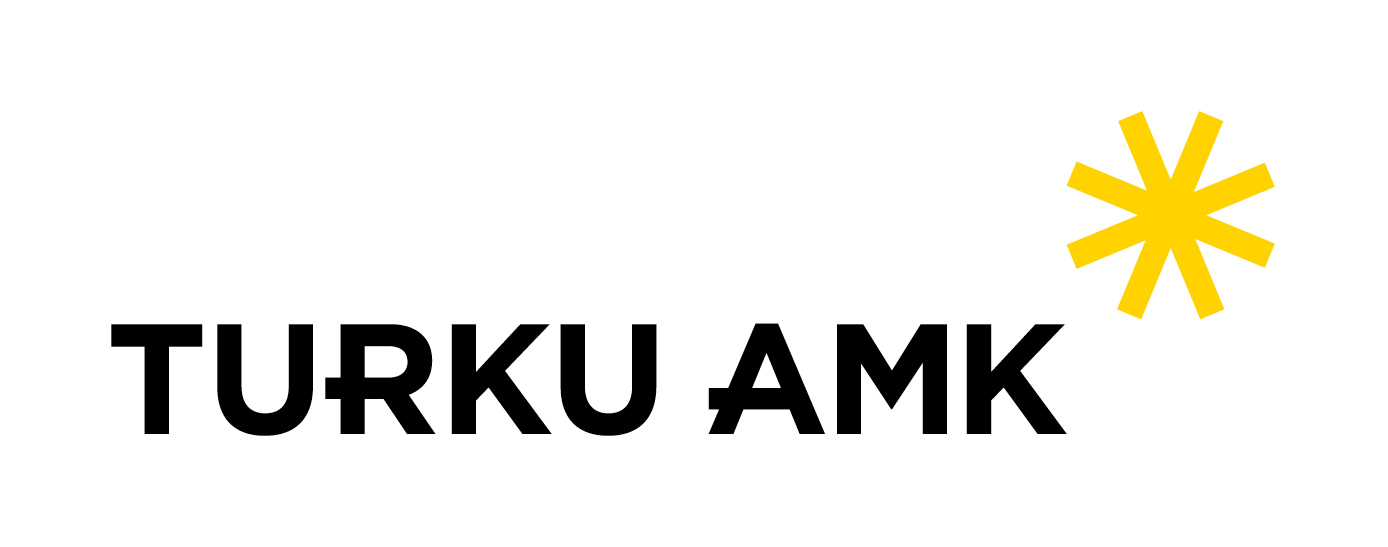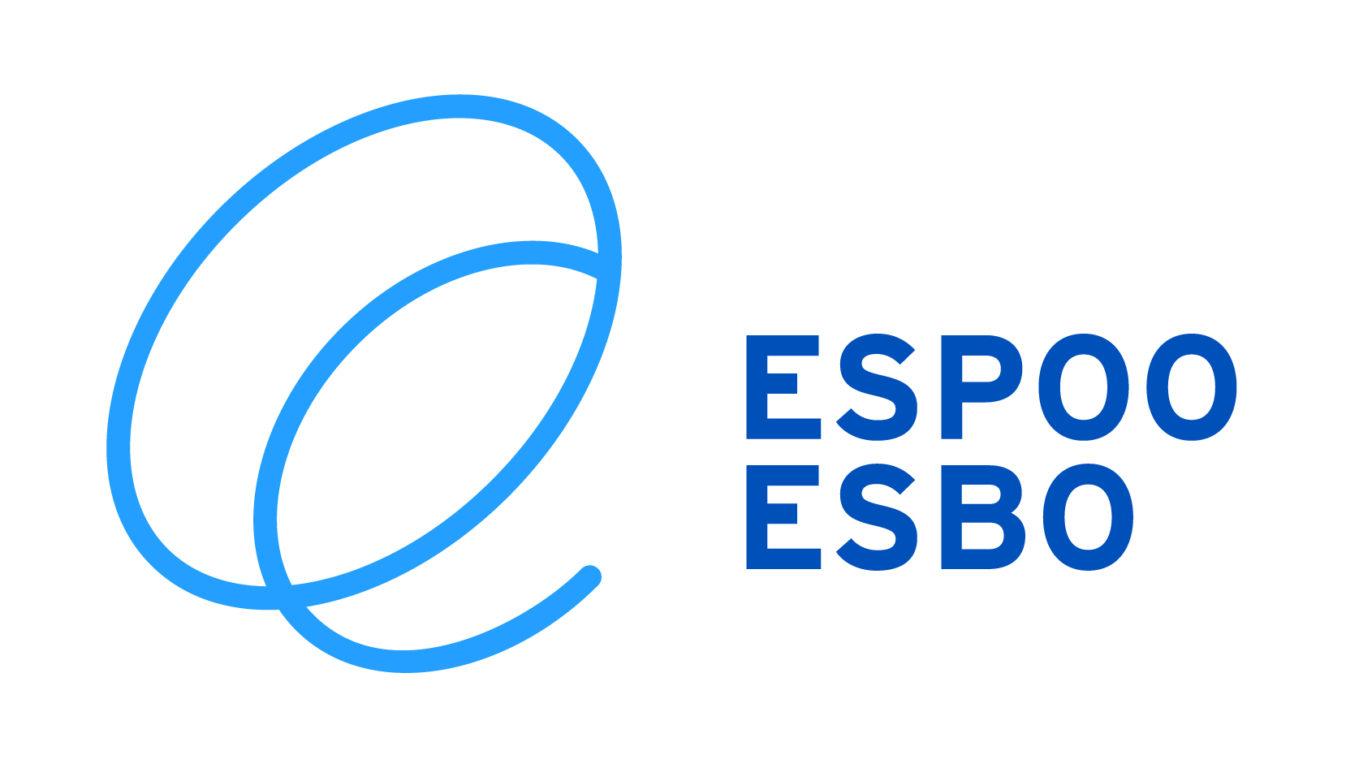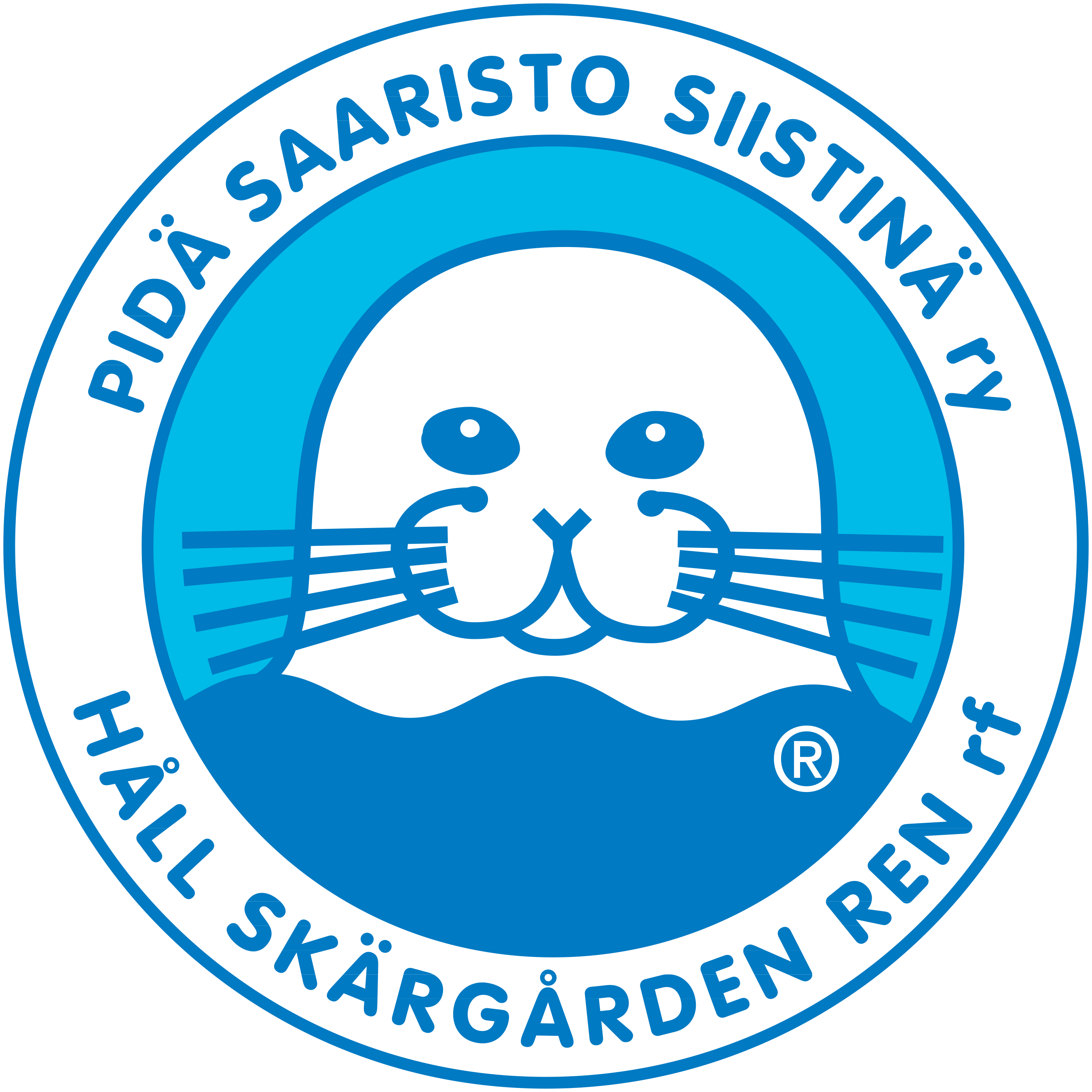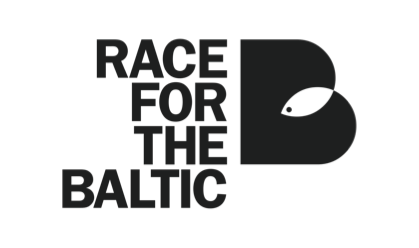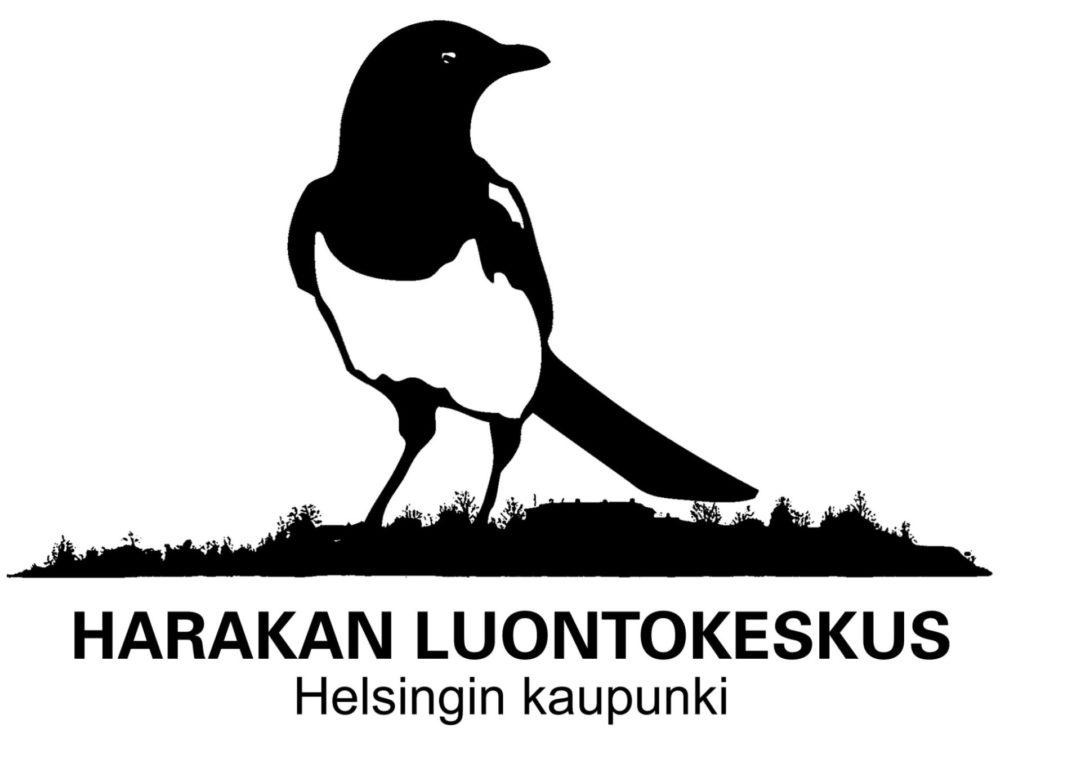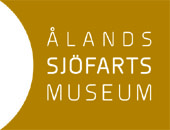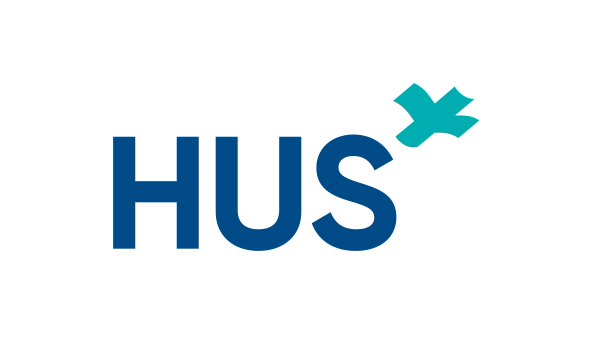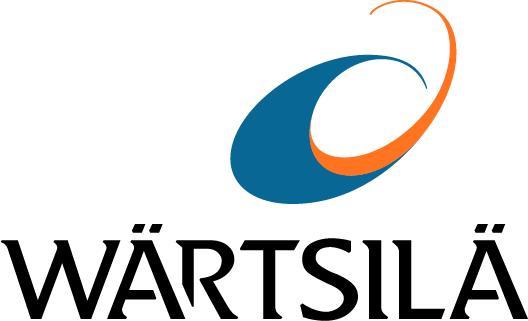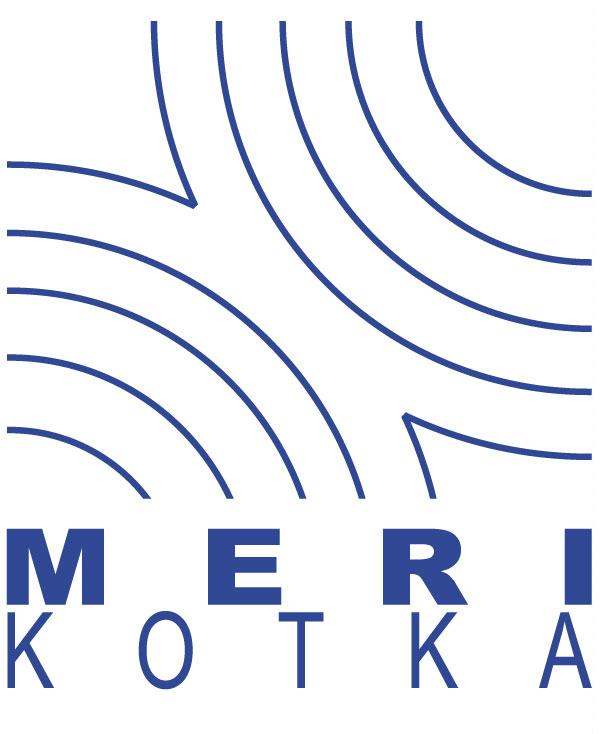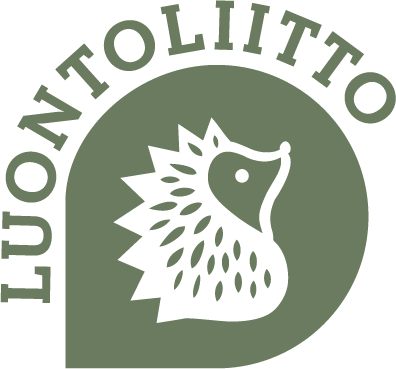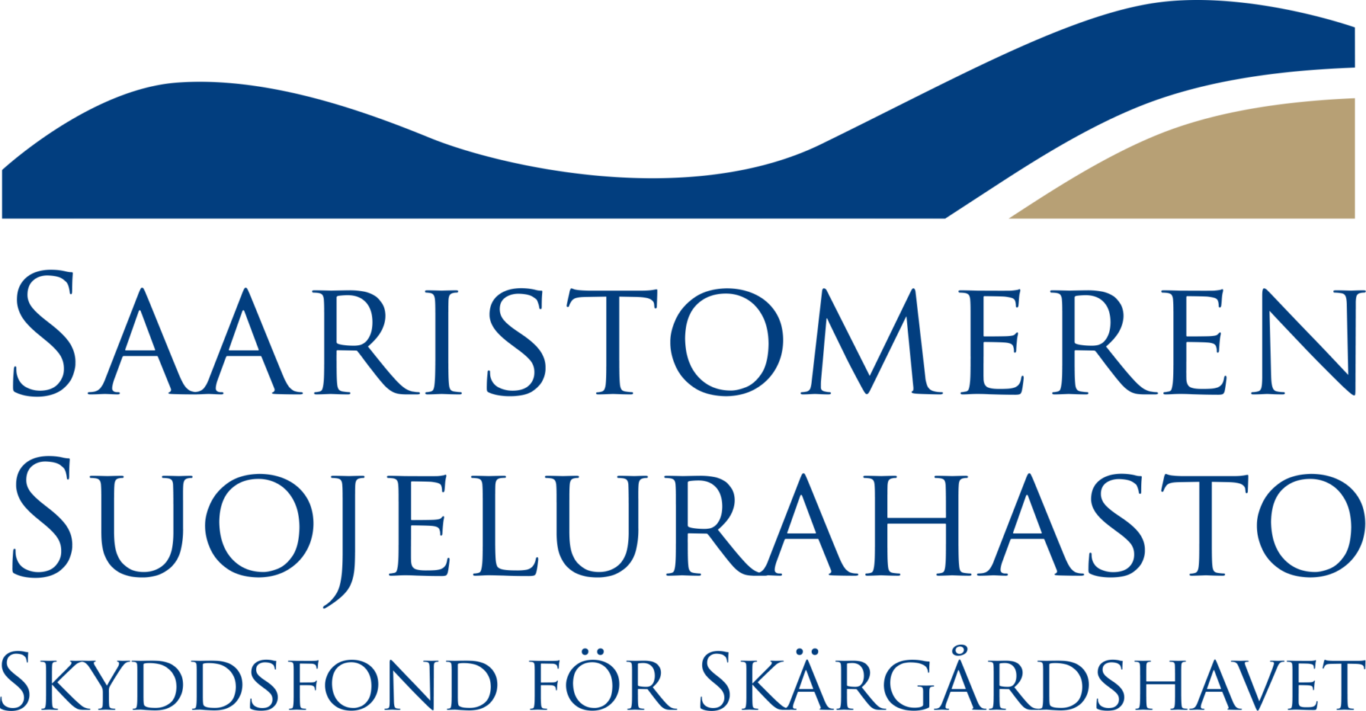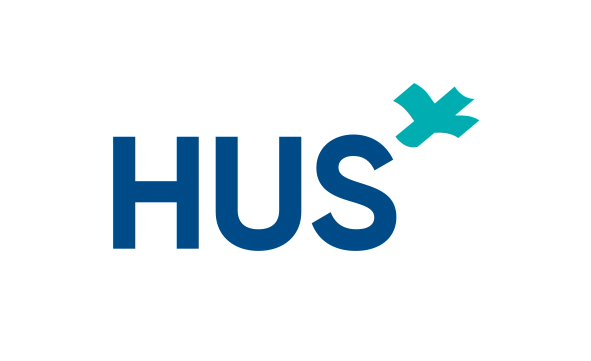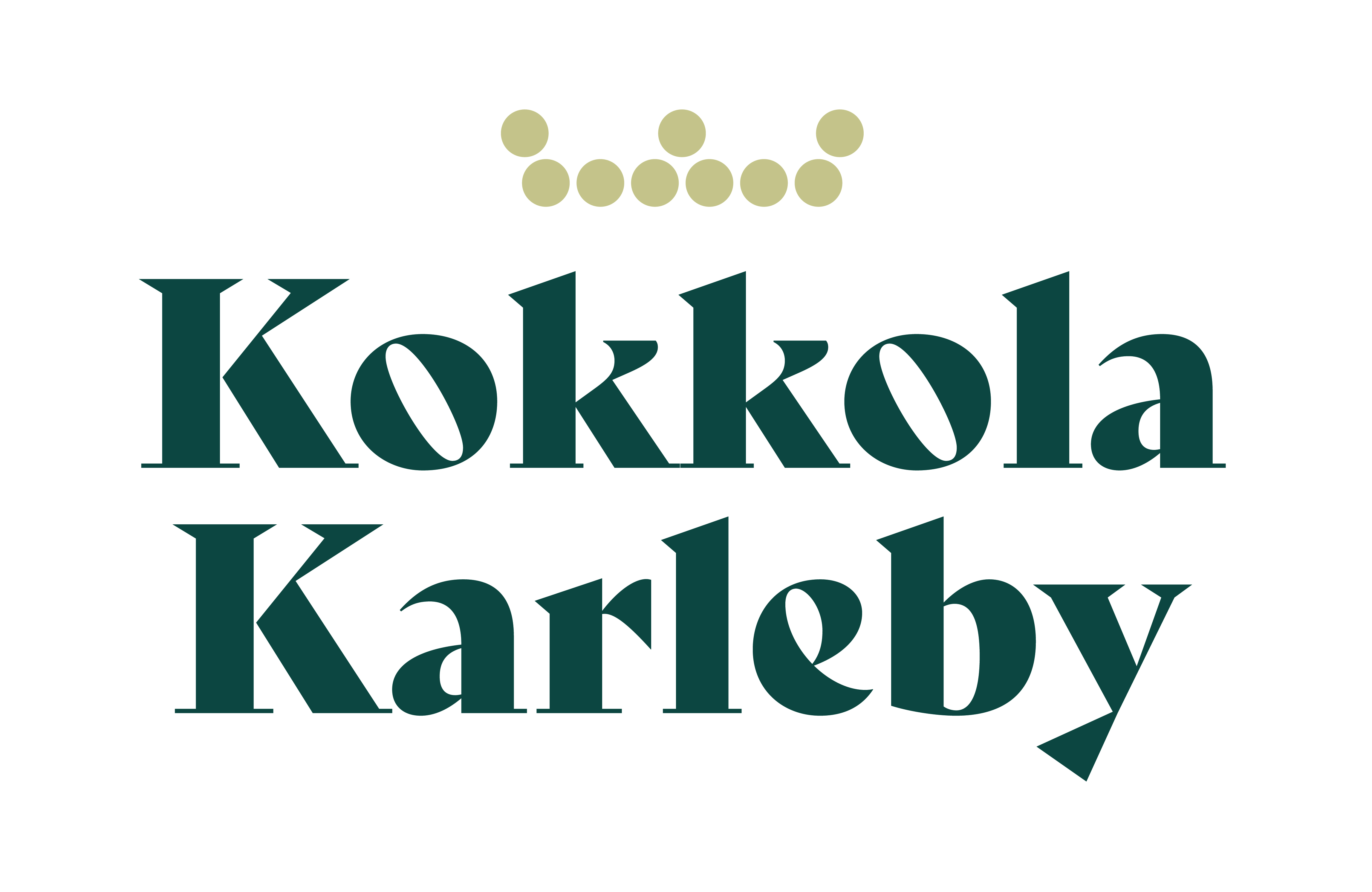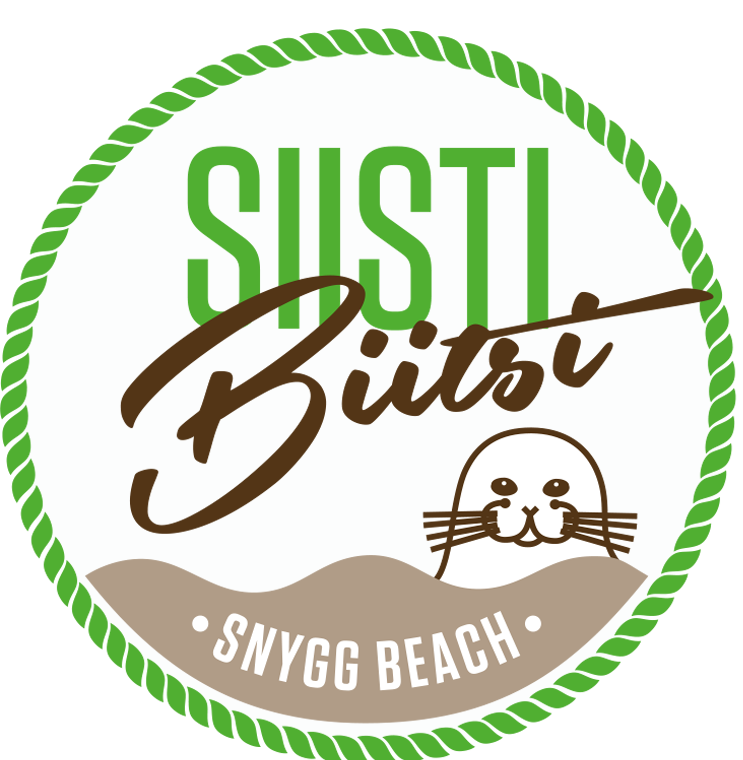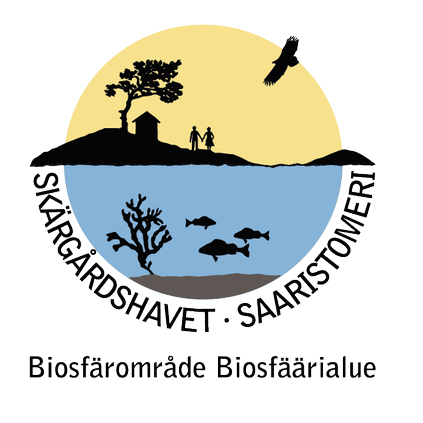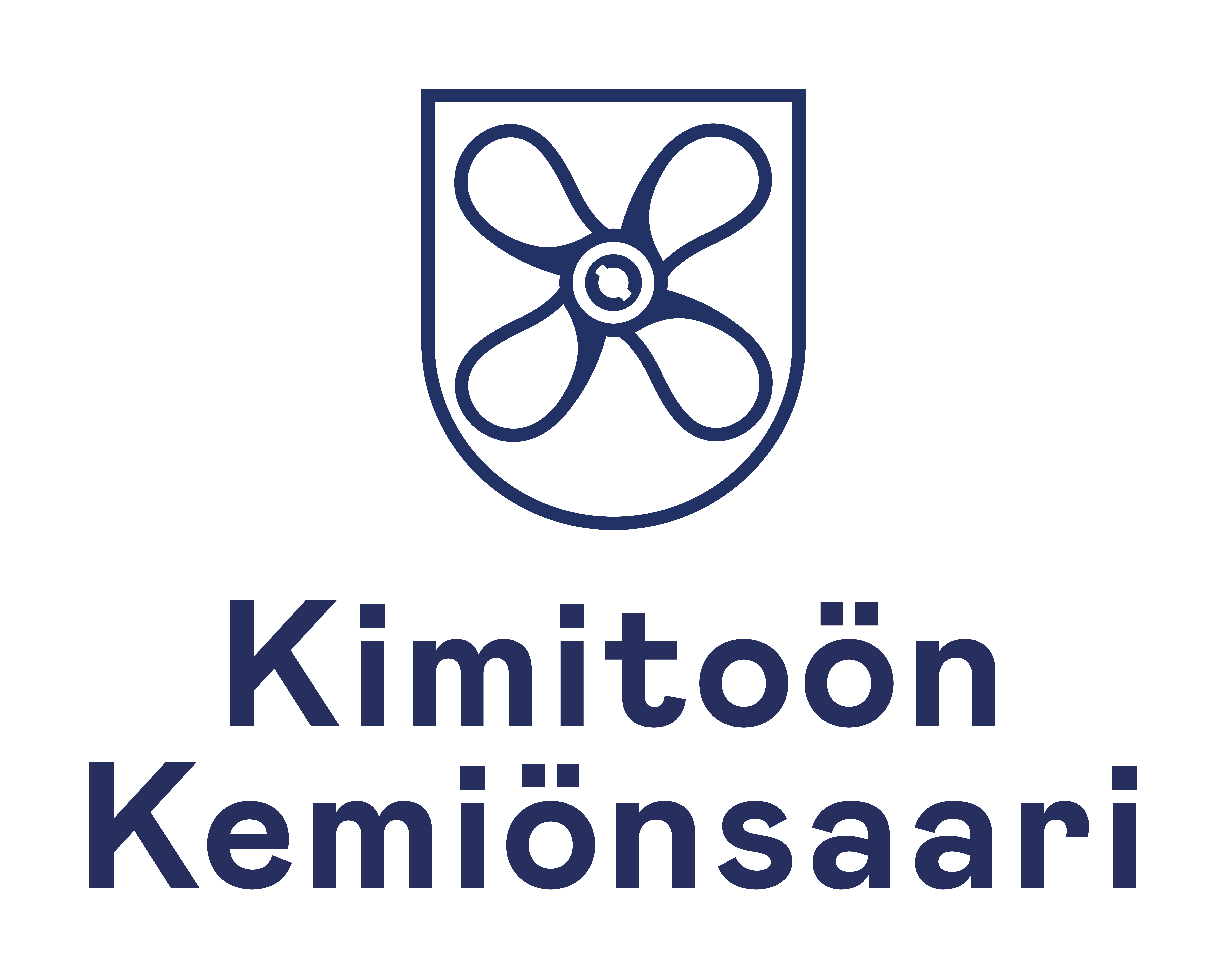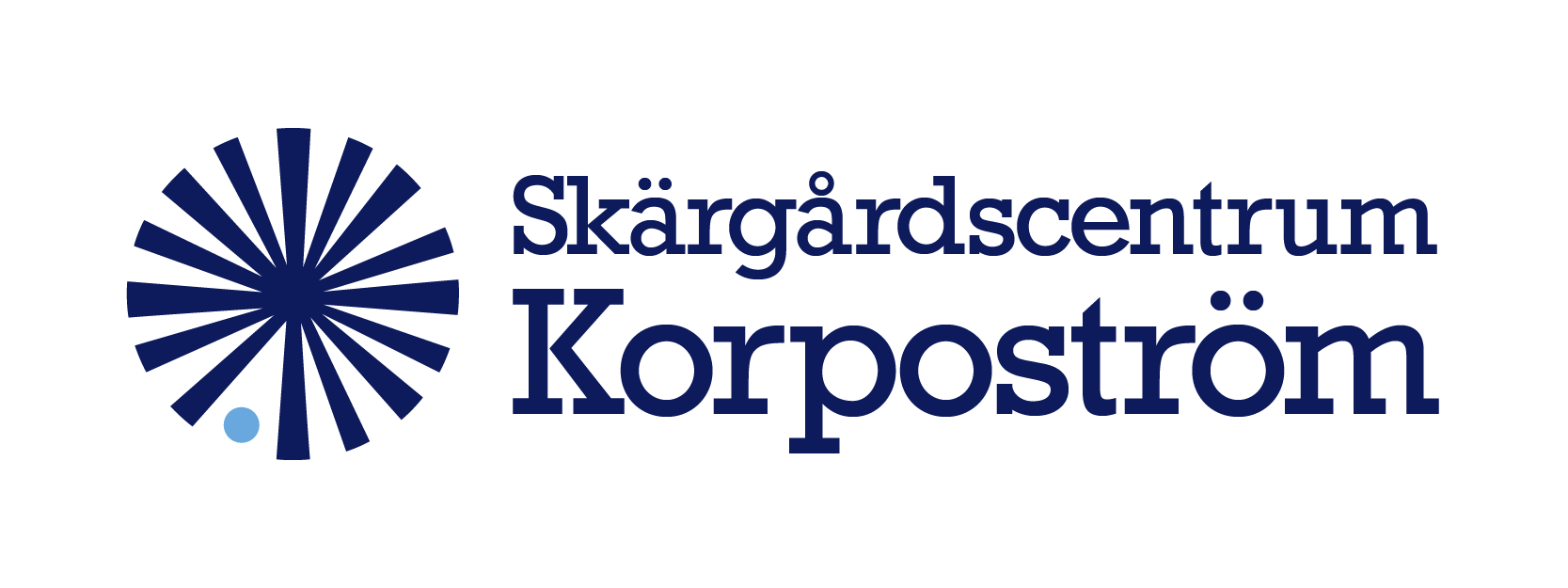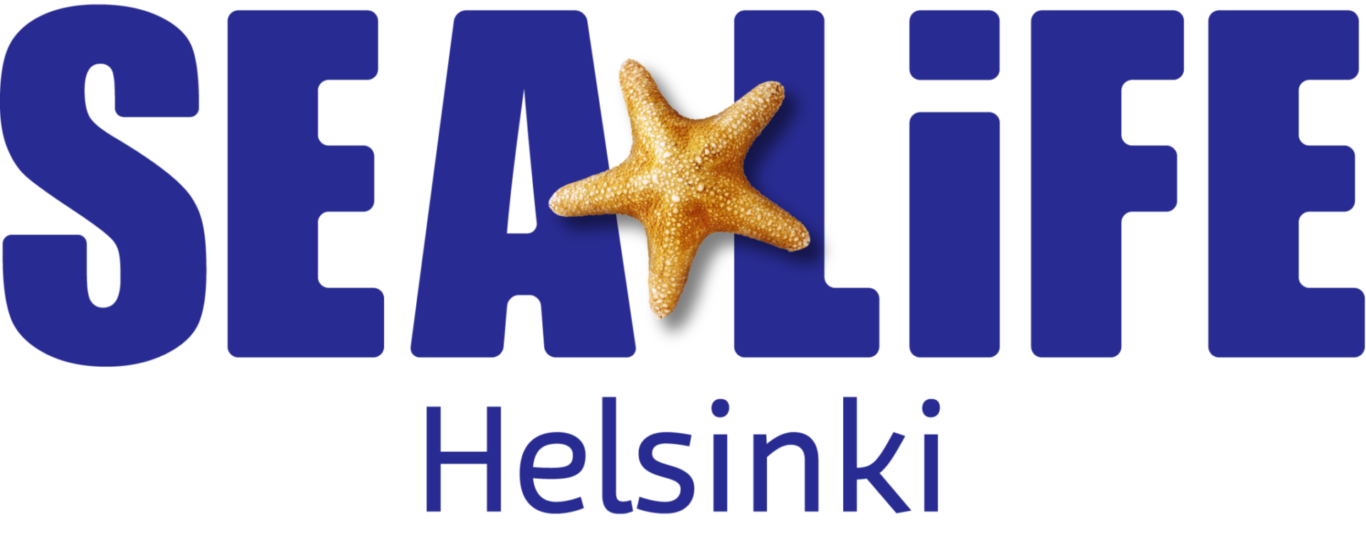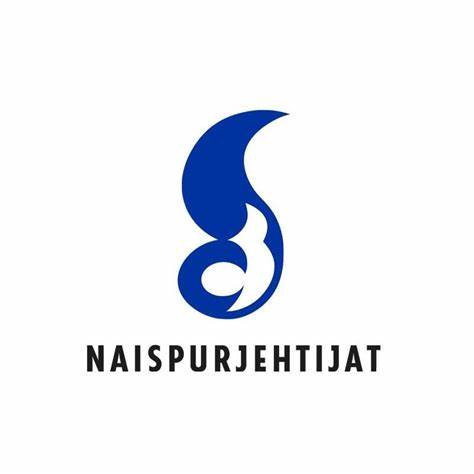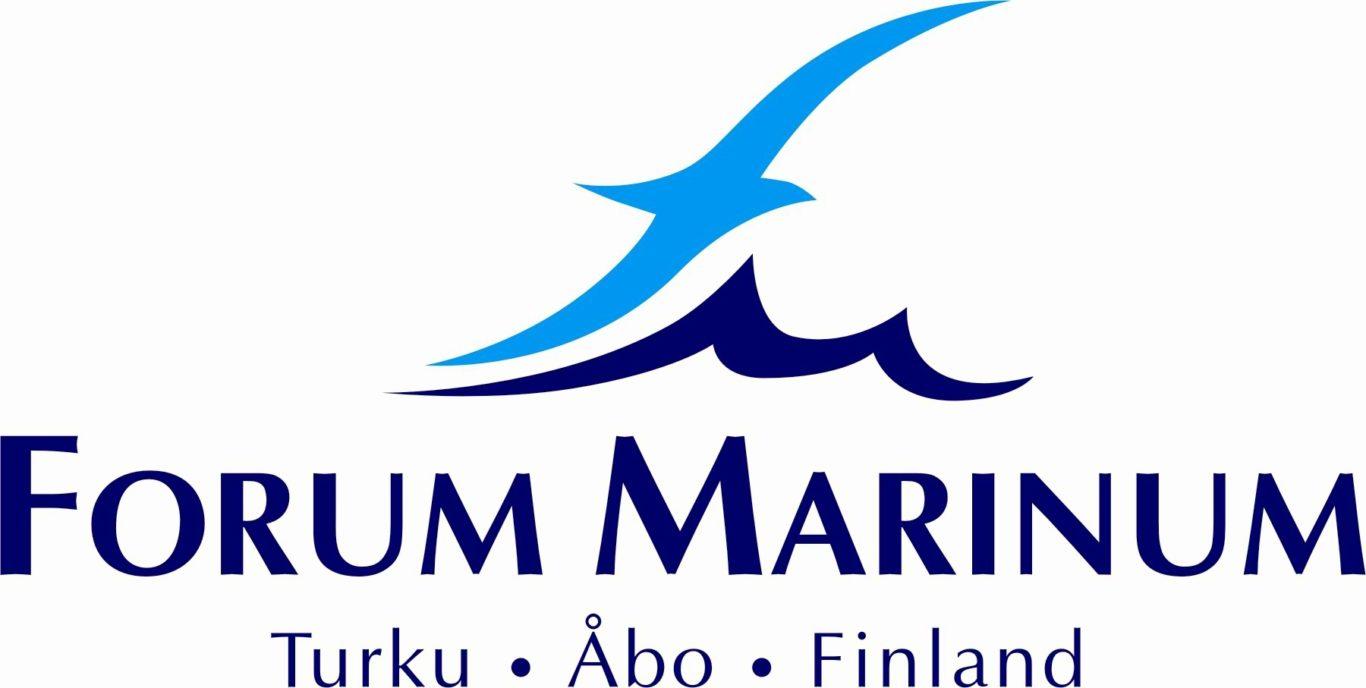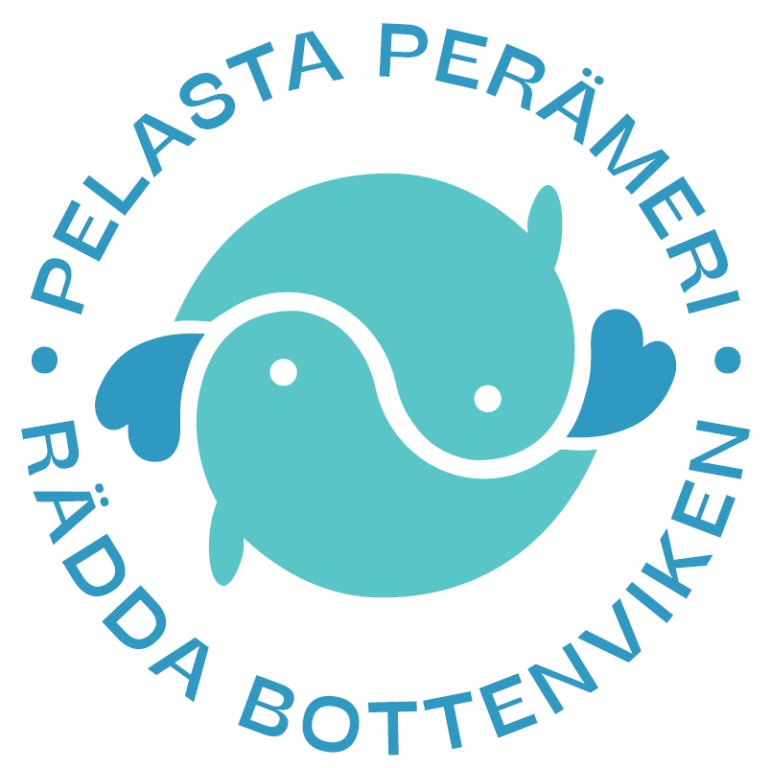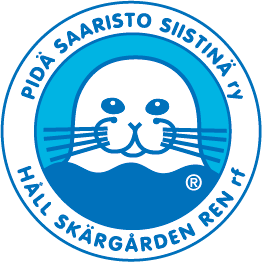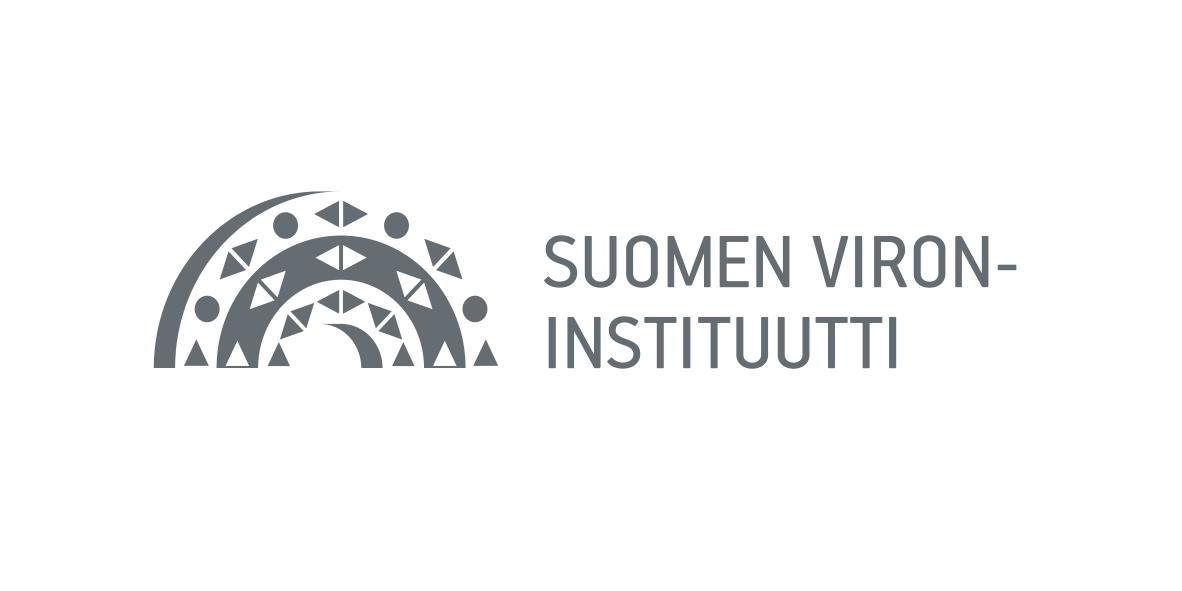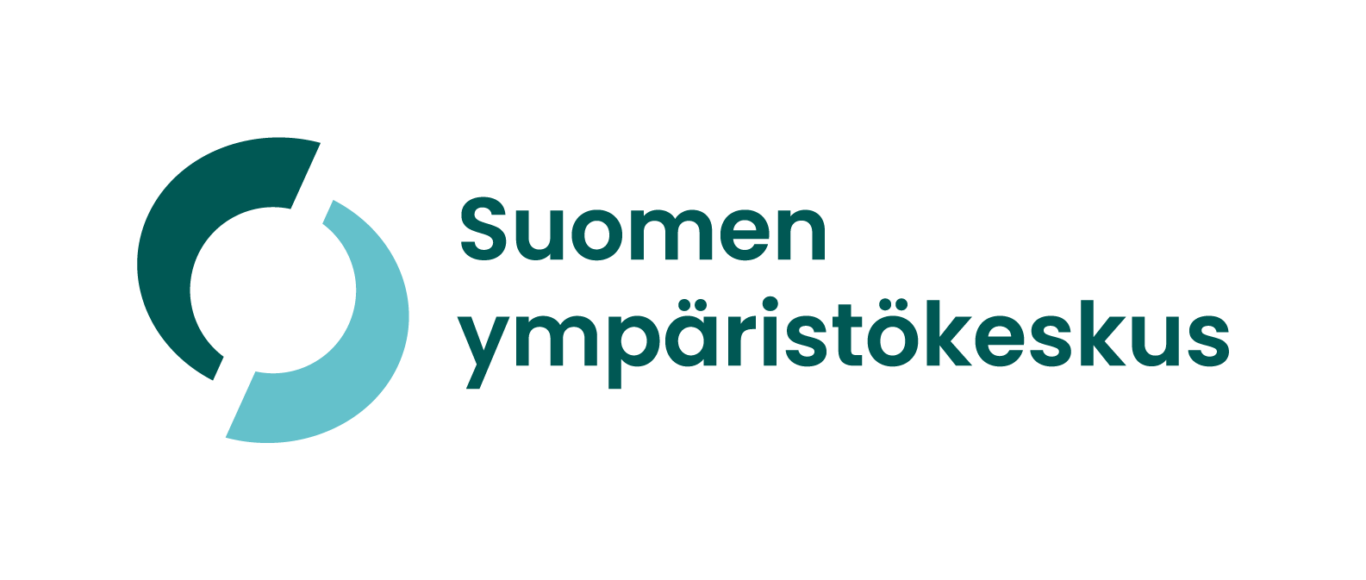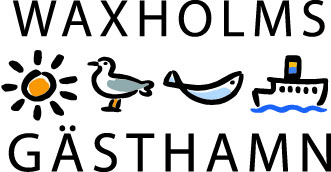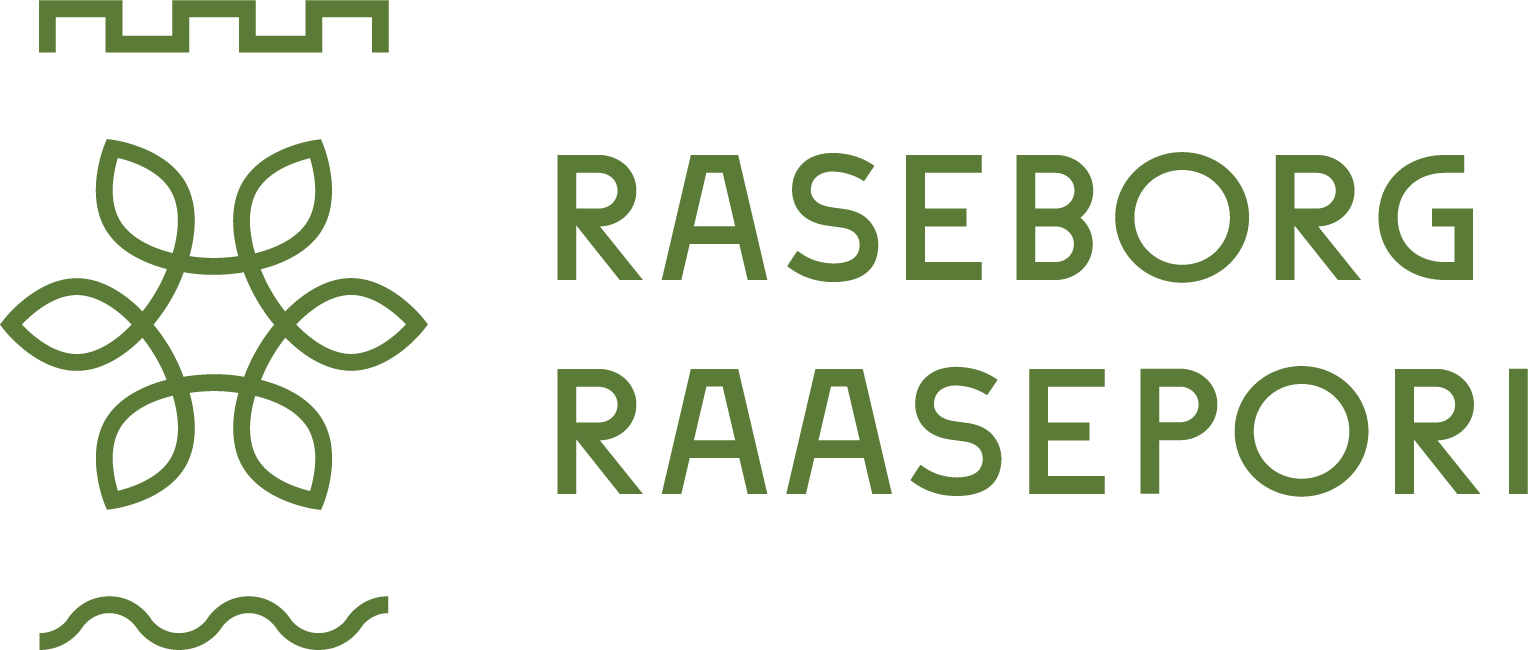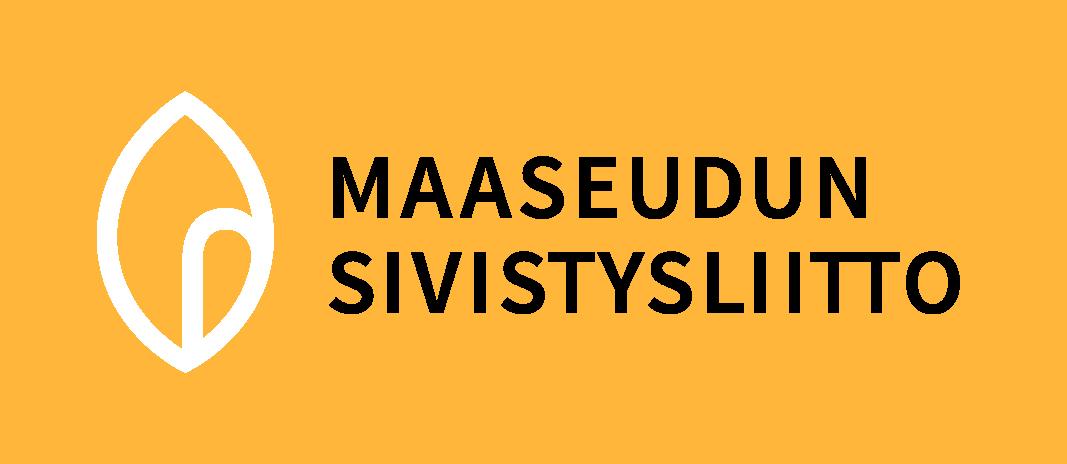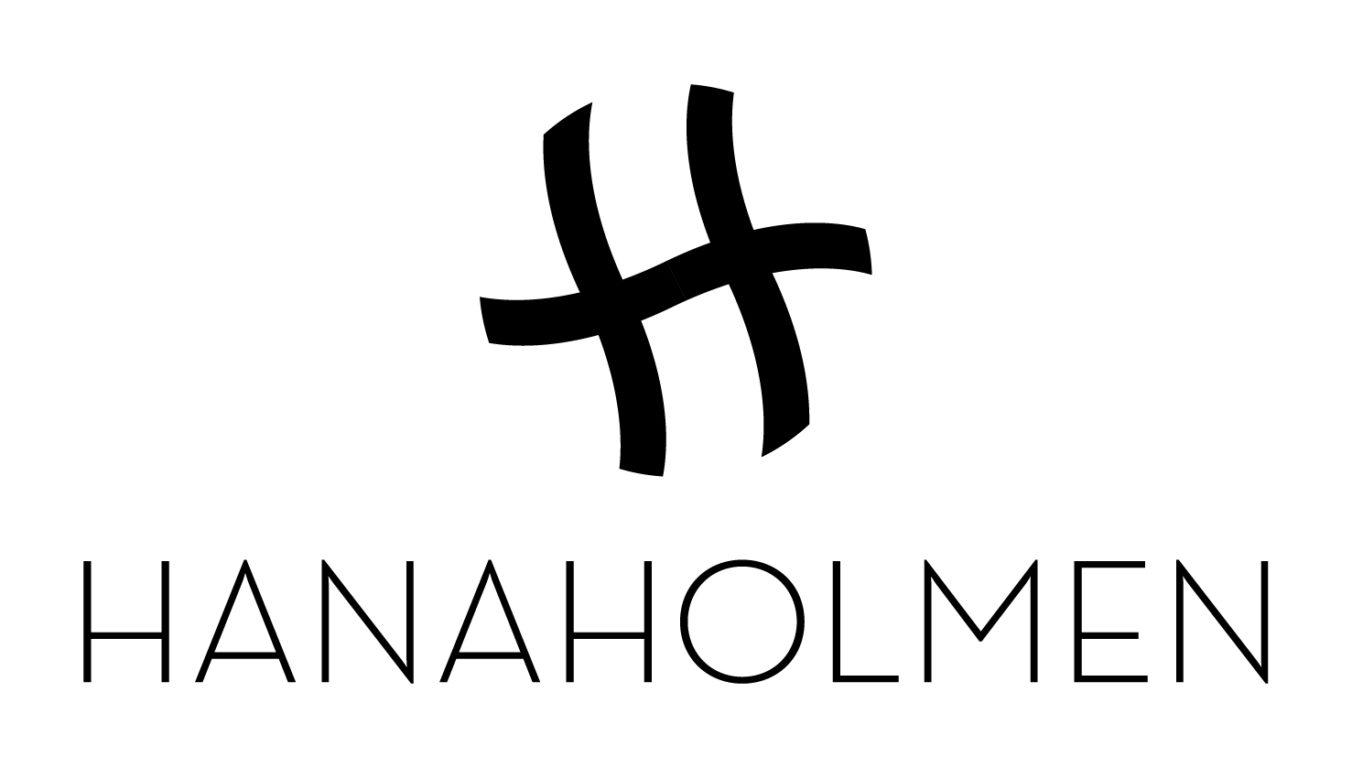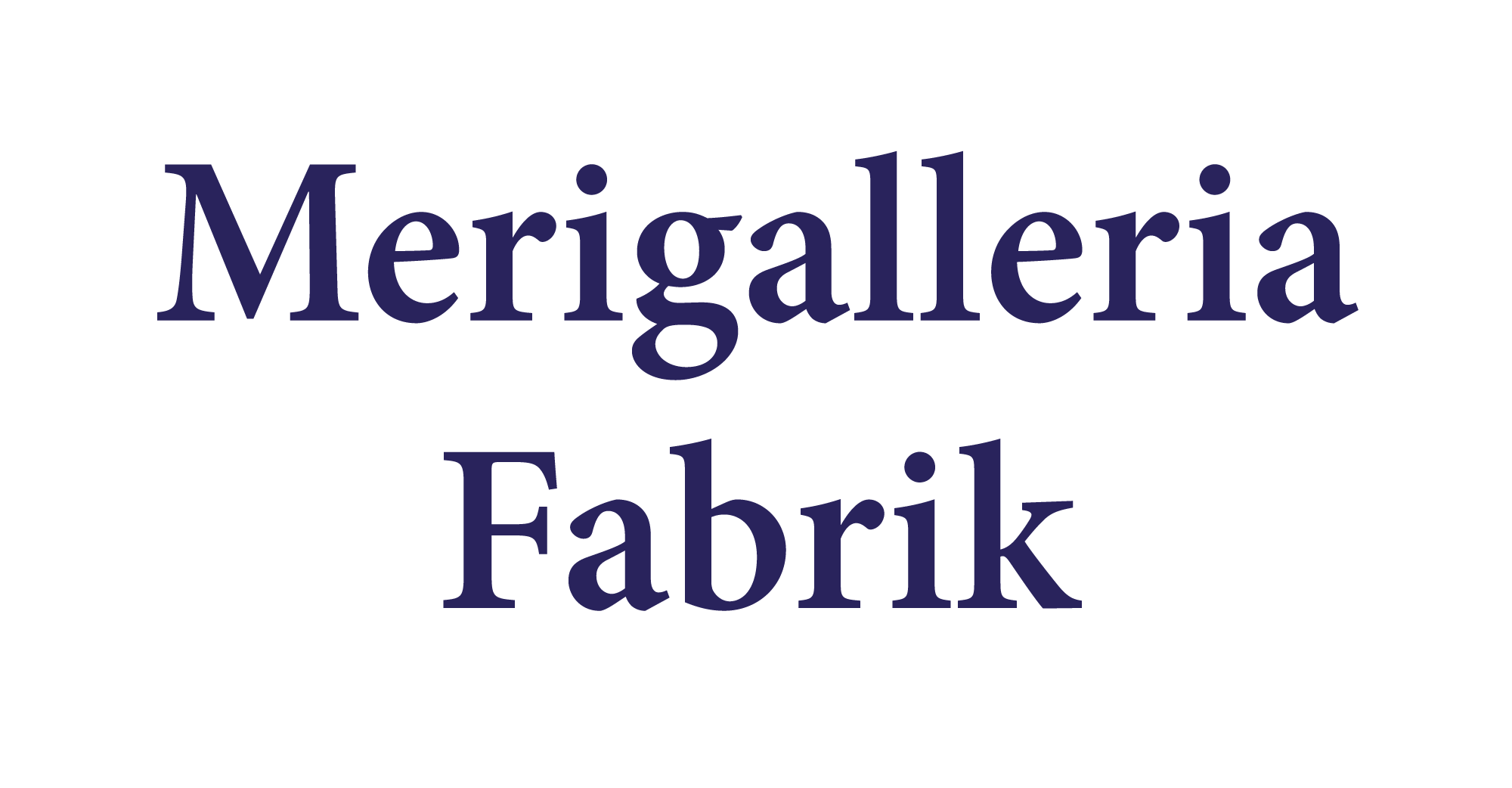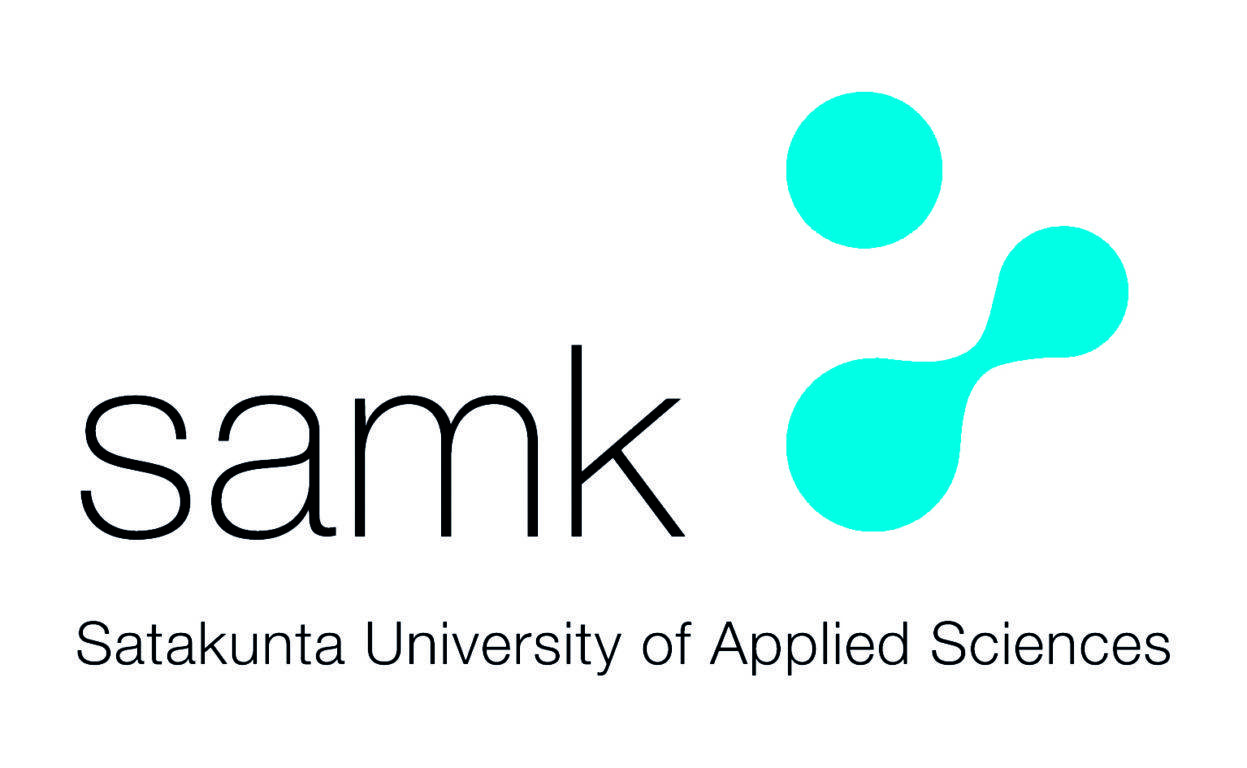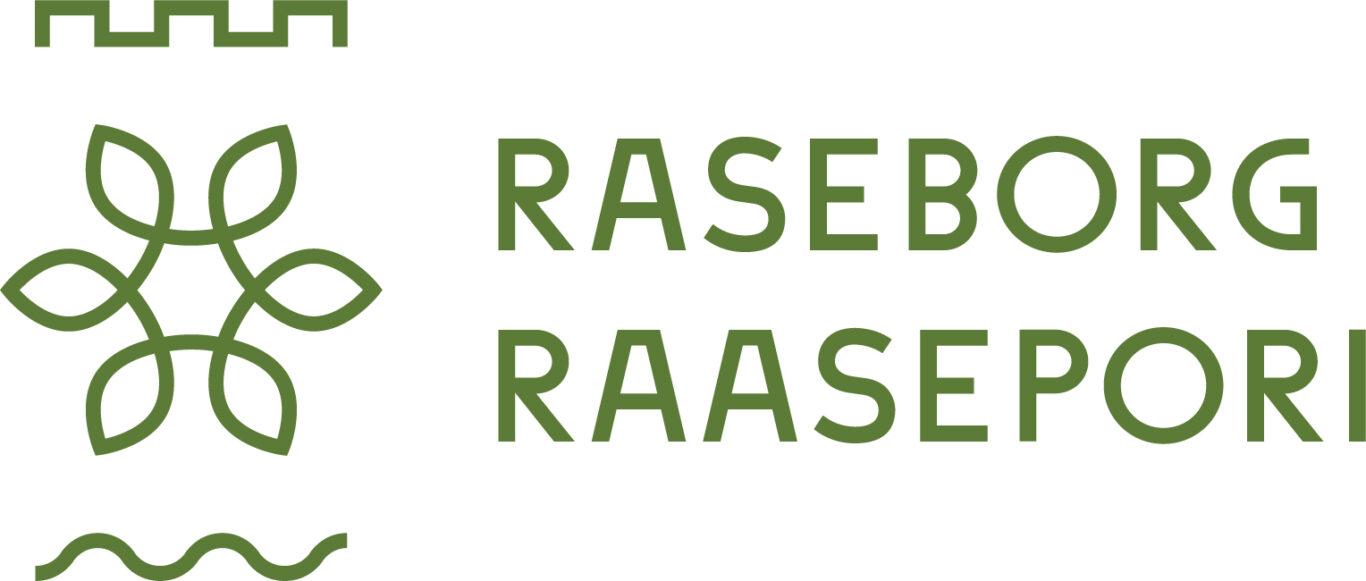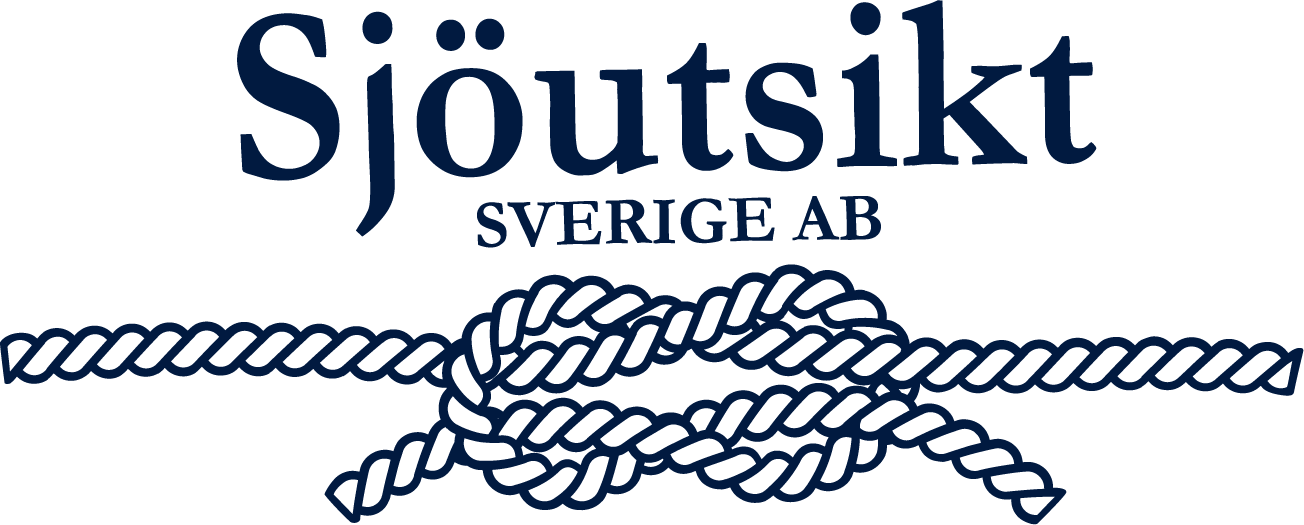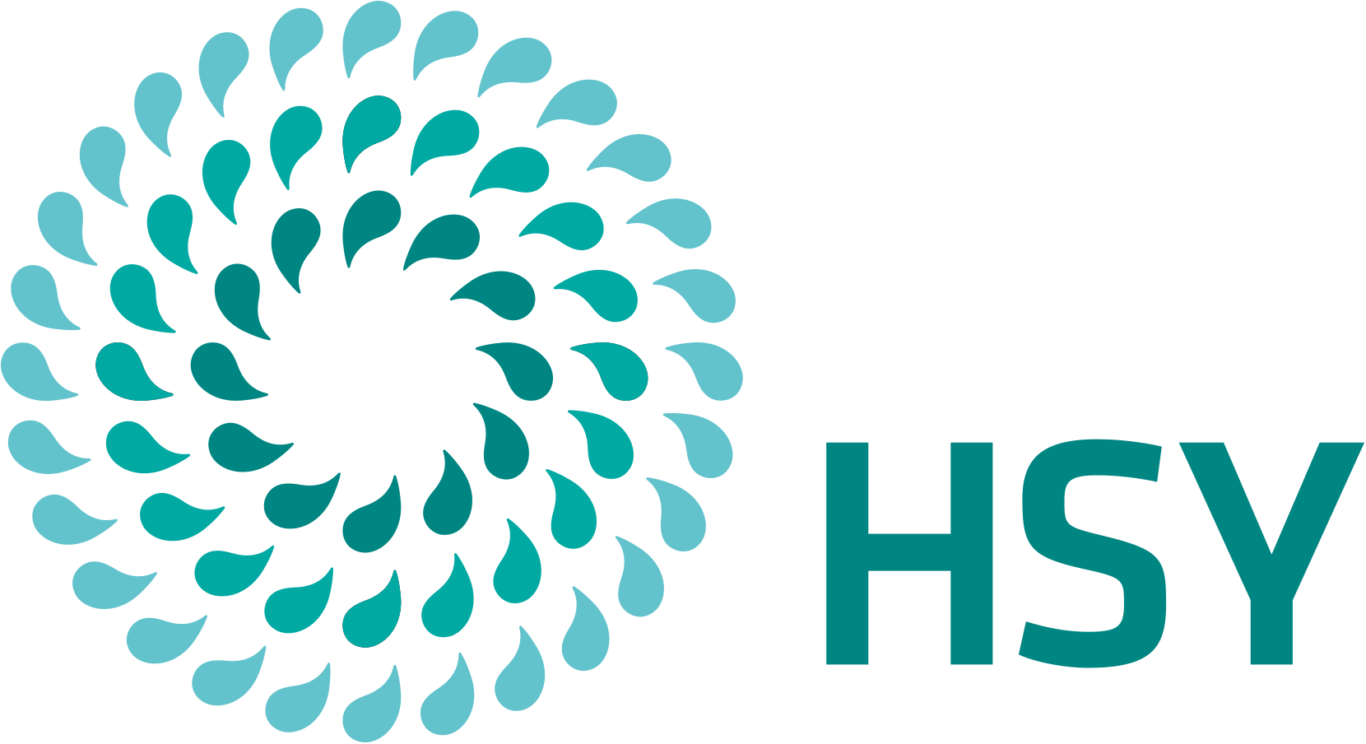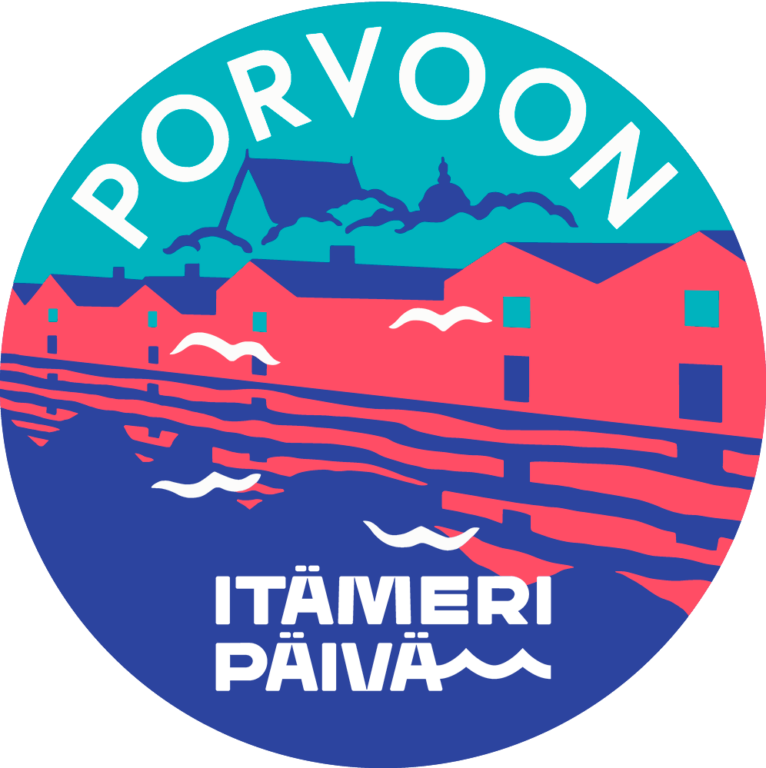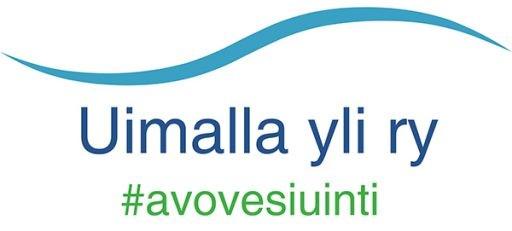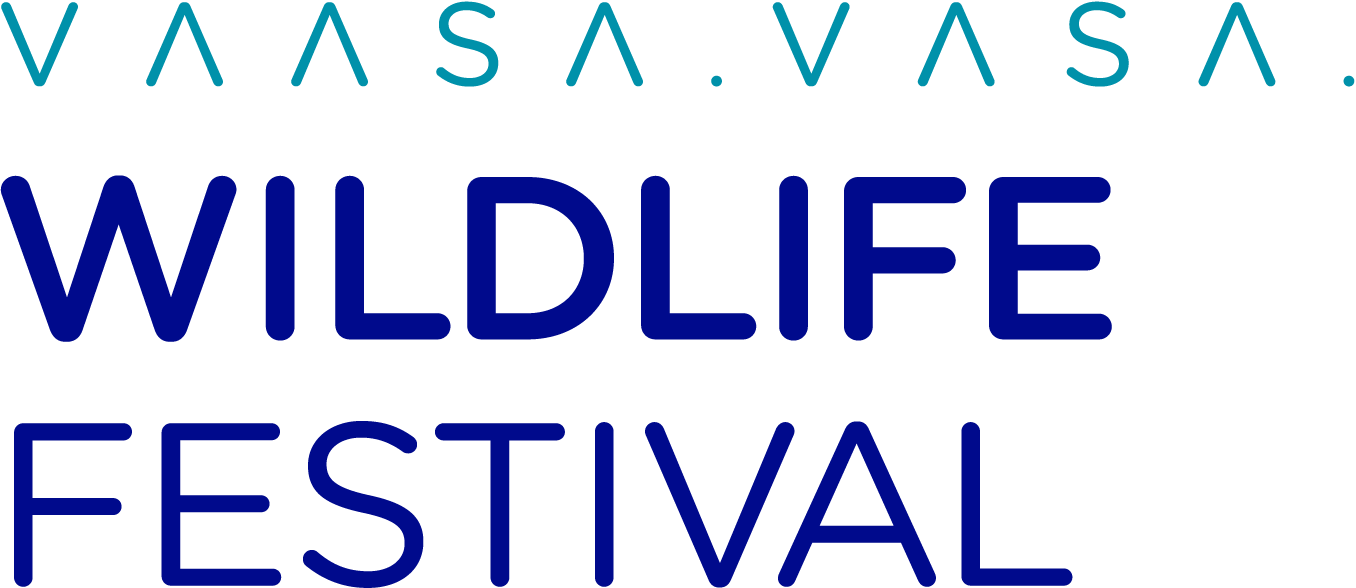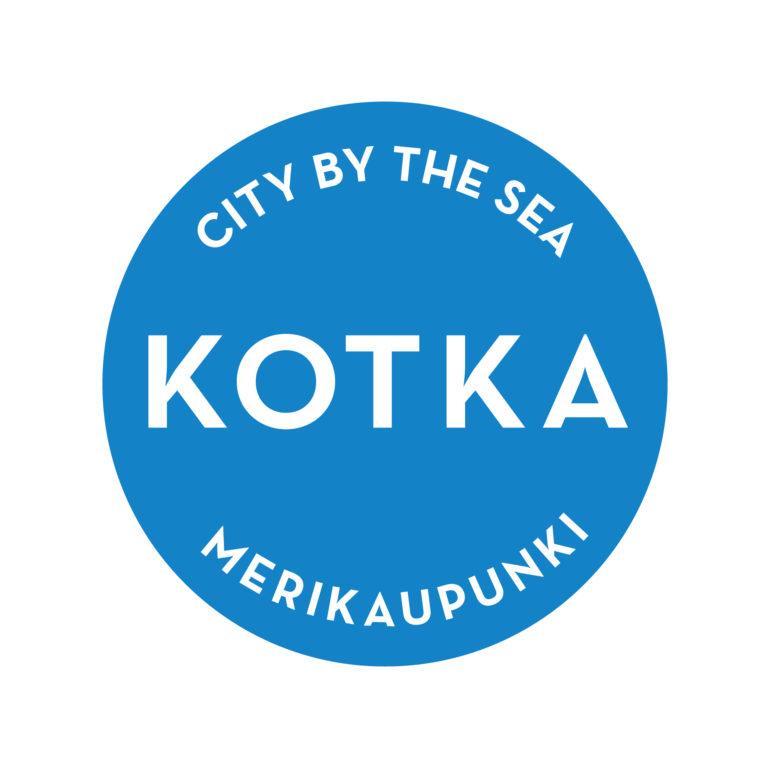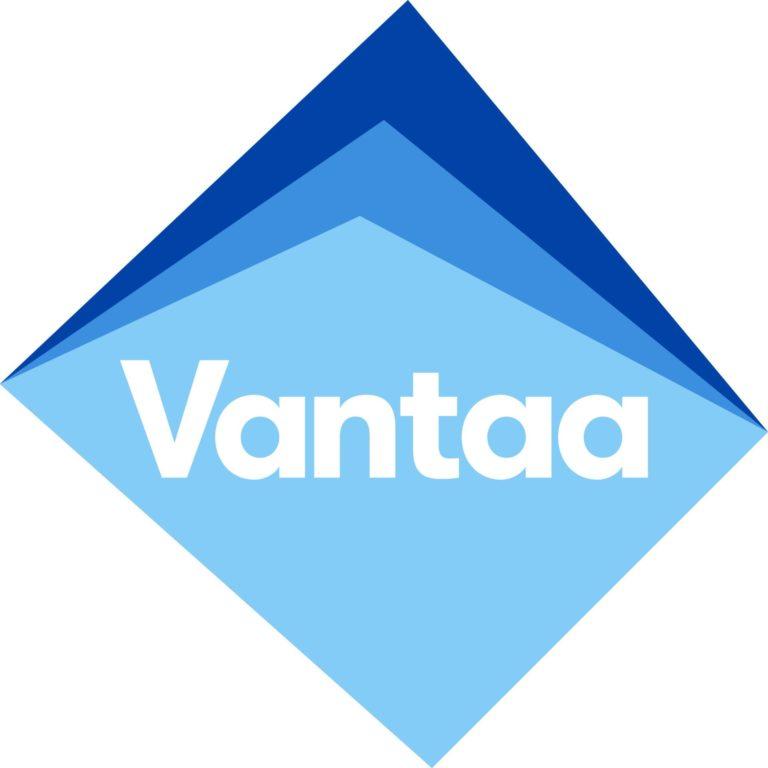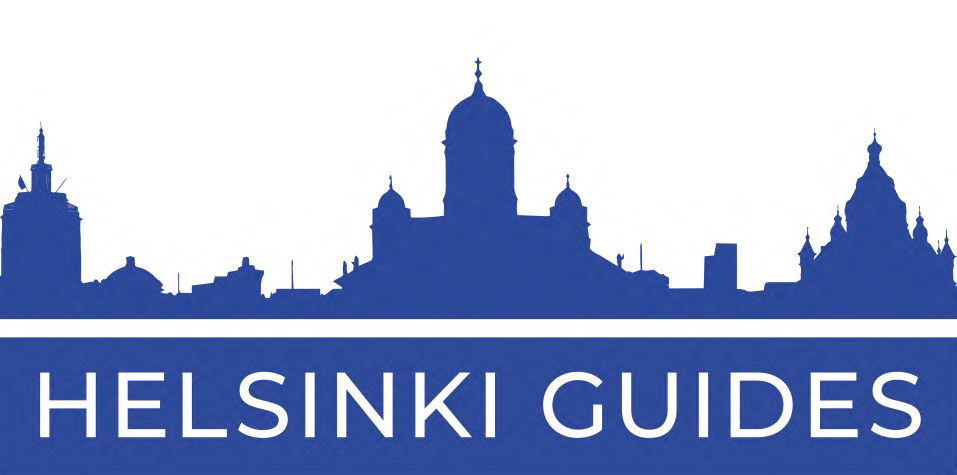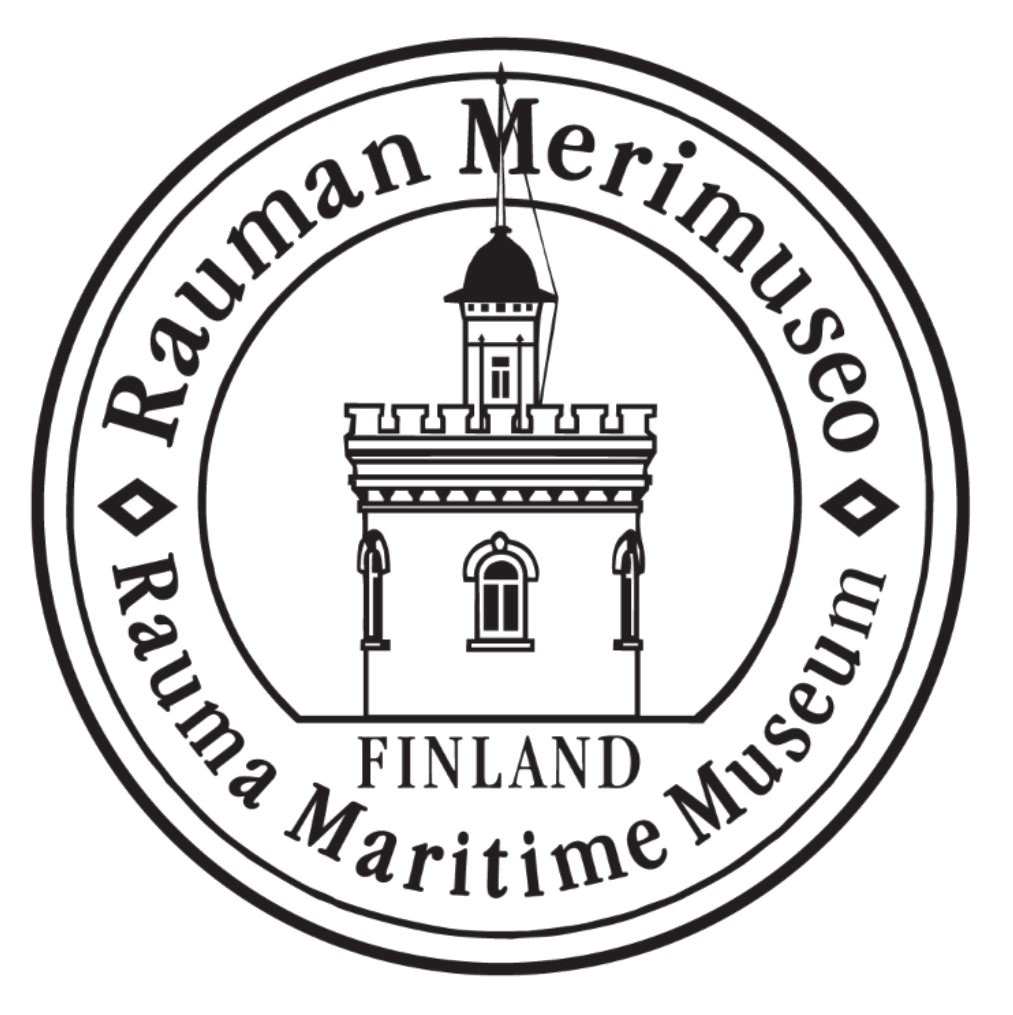Here, we have brought together some of the most frequently asked questions.
How can I sign up and become a partner?
Baltic Sea day partnership is free of charge, and we invite everyone to join in and enjoy the day in the way that suits them best. You can become a partner using the form on the website. Depending on where our actions will take place, we will happily get you in contact with our local coordinator.
We hope that all partners of the Baltic Sea Day commit to the Day’s values that emphasize communality, sustainable development, and shared goals and code of conduct. The Baltic Sea Day is built with great spirit of community, and we hope that all participants respect the Baltic Sea community and the other partners of the day. Our shared goal is to implement actions that make people’s heads turn towards the Baltic Sea.
Does the Baltic Sea Day event or activity need to take place exactly on Baltic Sea Day, or can it be scheduled for the same week, for example?
Most of the activities take place on Baltic Sea Day, but you are of course free to celebrate the Baltic Sea day on other days as well. The event or activity can have the duration of a week, a month, or even a whole year. Restaurants, for example, can serve a Baltic Sea Menu or museums can organise a sea-themed exhibition for the time span that they choose.
How can we announce our event?
Please use your own channels to inform your target groups about your event. Baltic Sea Day is active on Instagram and also other social media. Plese use #BalticSeaDay and tag @BalticSeaDay on Instagram so we can spread the information on your event.
When and how do communications on the Baltic Sea Day take place?
John Nurminen Foundation and all coordinators communicate about the Baltic Sea Day all year round, and especially in spring and summer, with particular focus on August. We highlight the Baltic Sea Day and its events and activities in social media organically and through paid advertising. Communications and media cooperation will be most intense during August. We will send out media releases before the Baltic Sea Day. Our goal is to highlight the reach of the Baltic Sea Day in our communications: the variety of events, participants, locations, and countries involved.
We encourage all Baltic Sea partners to communicate about the day, both online and when out and about! Partners can, for example, make a Facebook event of their own Baltic Sea Day activity, and communicate about the Baltic Sea Day in social media or on their web pages. The more we spread the word on the Baltic Sea Day, the more we can highlight the cause and ways to help the Sea. Partners may utilize the Baltic Sea Day material bank, where you can download e.g. Baltic Sea Day logos, various banners for social media, images, and other useful content.
There are no set rules for communications, but you should of course take into account the Baltic Sea Day values. We hope that partners would include the attached Baltic Sea Day boilerplate to their news, releases and other texts on the Baltic Sea Day.
Can we raise funds in connection of the Baltic Sea Day?
During the Baltic Sea Day, you can also donate or collect funds in a way that befits the spirit of the Day. Foundations and associations that are involved with the Baltic Sea collect funds for their own operations, setting up e.g. social media campaigns, rallies, and events in the spirit of the Baltic Sea. On Baltic Sea Day, we at the John Nurminen Foundation also highlighted the opportunity to make a donation to support the Foundation’s work. It is worthwhile to note that funds should be raised in adherence to the Money Collection Act. Each stakeholder is responsible for fundraising as specified in their own permits.
The idea is that the general public can also participate in the Day’s celebrations in many ways. Events of the Baltic Sea Day can be free of charge, or they may involve a fee. This means you can also organise events that have a fee: restaurants can sell the Baltic Day Menu, museums can charge their normal entry fee, etc. – this is all at the discretion of each partner. You can also raise funds at your event, within the constraints of the organisation’s money collection permit.
Does John Nurminen Foundation raise funds for its own operations in connection with the Baltic Sea Day?
The Foundation focuses in particular on organising the Baltic Sea Day, and related communications. The central aspects of the Baltic Sea Day are celebrating together, organising events that everyone can participate in, and doing good deeds for the Baltic Sea. When we launched the Baltic Sea Day in 2019, we decided that the main goal of the Baltic Sea Day is not to raise funds for the Foundation, as the Day has a wider societal goal. Essential to the success of the Baltic Sea Day is that as wide a selection of different kinds of stakeholders, including cities, museums, libraries, schools, research institutions, companies and other foundations that work for the Baltic Sea participate in the Day. With the Baltic Sea Day, we want to raise awareness, with the widest scope possible, of the unique culture, sensitive nature, and interesting history of the Baltic Sea.
We raise funds all year round, and donations to us can be made also on Baltic Sea Day. Even though donations are not the main focus of the Day, they can be an easy way to participate in the Baltic Sea Day.
Why did John Nurminen Foundation launch Baltic Sea day alongside all other theme days?
Baltic Sea Day came into being after a long period of consideration. On various occasions, the Foundation had received encouraging feedback on its operations and events, and for the fact that we introduce multifaceted views on the Baltic Sea into societal discussions. We realized that there is an obvious demand for a theme day dedicated to the Baltic Sea. In our operations, which seek to save the Baltic Sea and its heritage, we combine the magnificent culture and history of the Baltic Sea flexibly with tangible protection measures.
We realized that many people associate the Baltic Sea with eutrophication and the blue green algae catastrophes we witness each summer, and that concern for climate change can even lead to apathy. We wanted to build hope and remind people that a lot has been done for the Baltic Sea, and that in our work alone, we have managed to reach visible results in the status of the Baltic Sea. Even though the Baltic Sea is remembered in official seminars (which we organize, too!) there was no unofficial, joyous summer festival with audience participation in our calendars One of the Day’s important goals is its international character, and we were excited that the Baltic Sea would be acknowledged in all countries that surround the Sea at the same time – be it by eating Baltic Sea-friendly food, or by taking a plunge in local waters.
It is great to be building a Baltic Sea tribe that brings us together, and we are grateful to all the partners who have joined this work so far. A decisive factor in 2019 was the great enthusiasm and encouragement of some of our key partners, and the fact that the cities of Helsinki and Turku supported the event, and became the Day’s strategic partners. The success we reached in 2023 together with partners in Sweden and Estonia is a clear indication that there really is a need for this Day.


